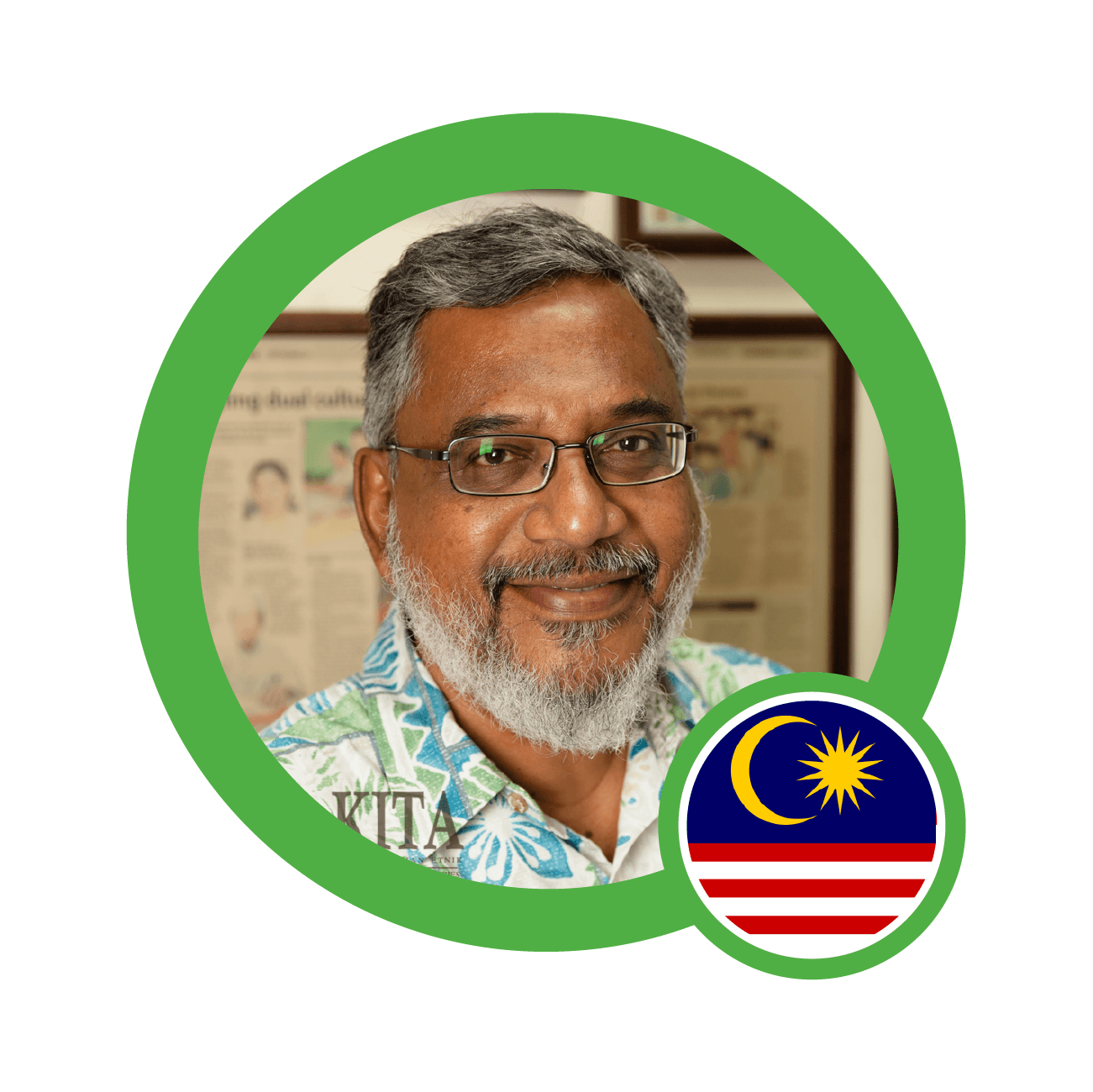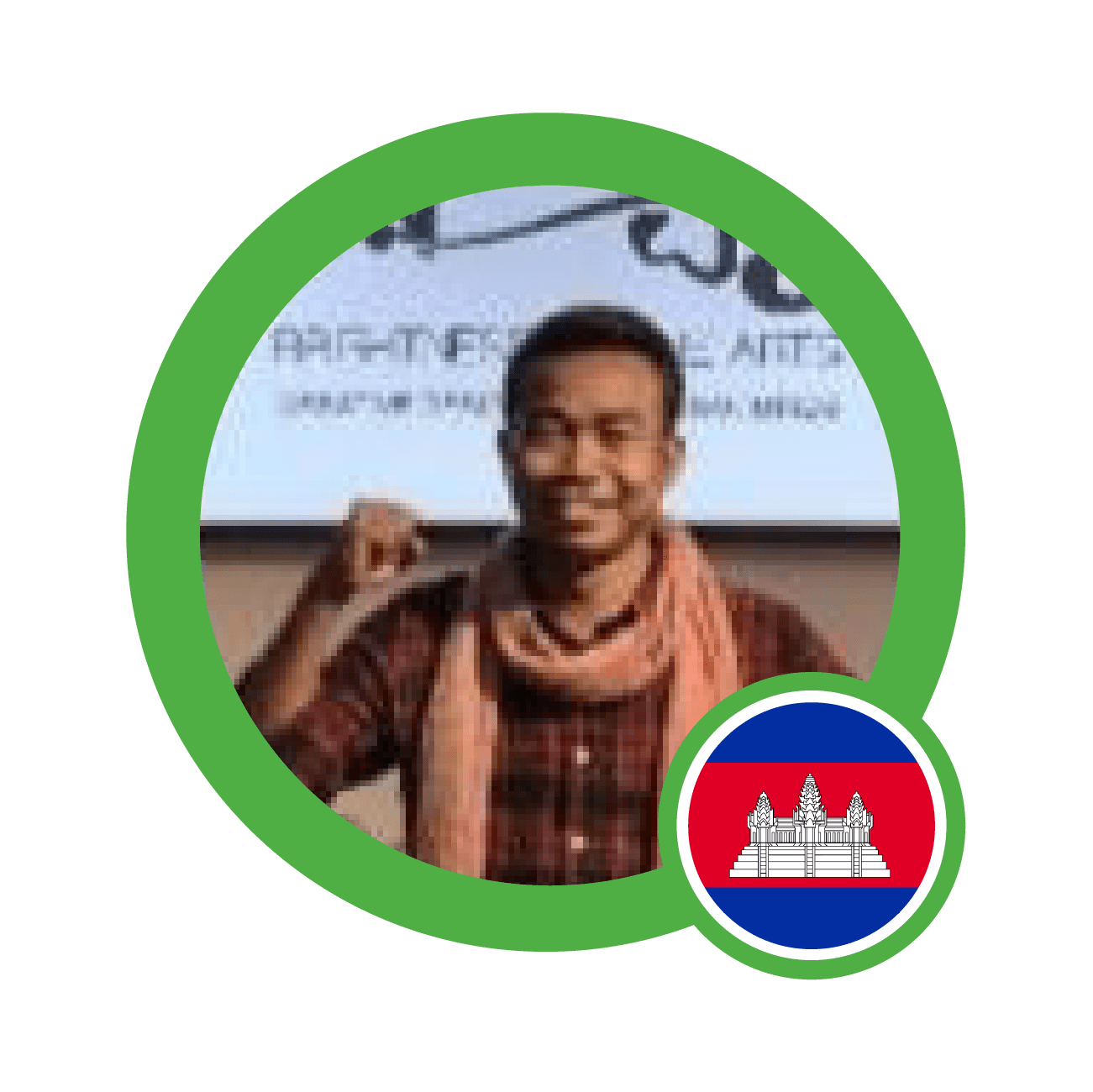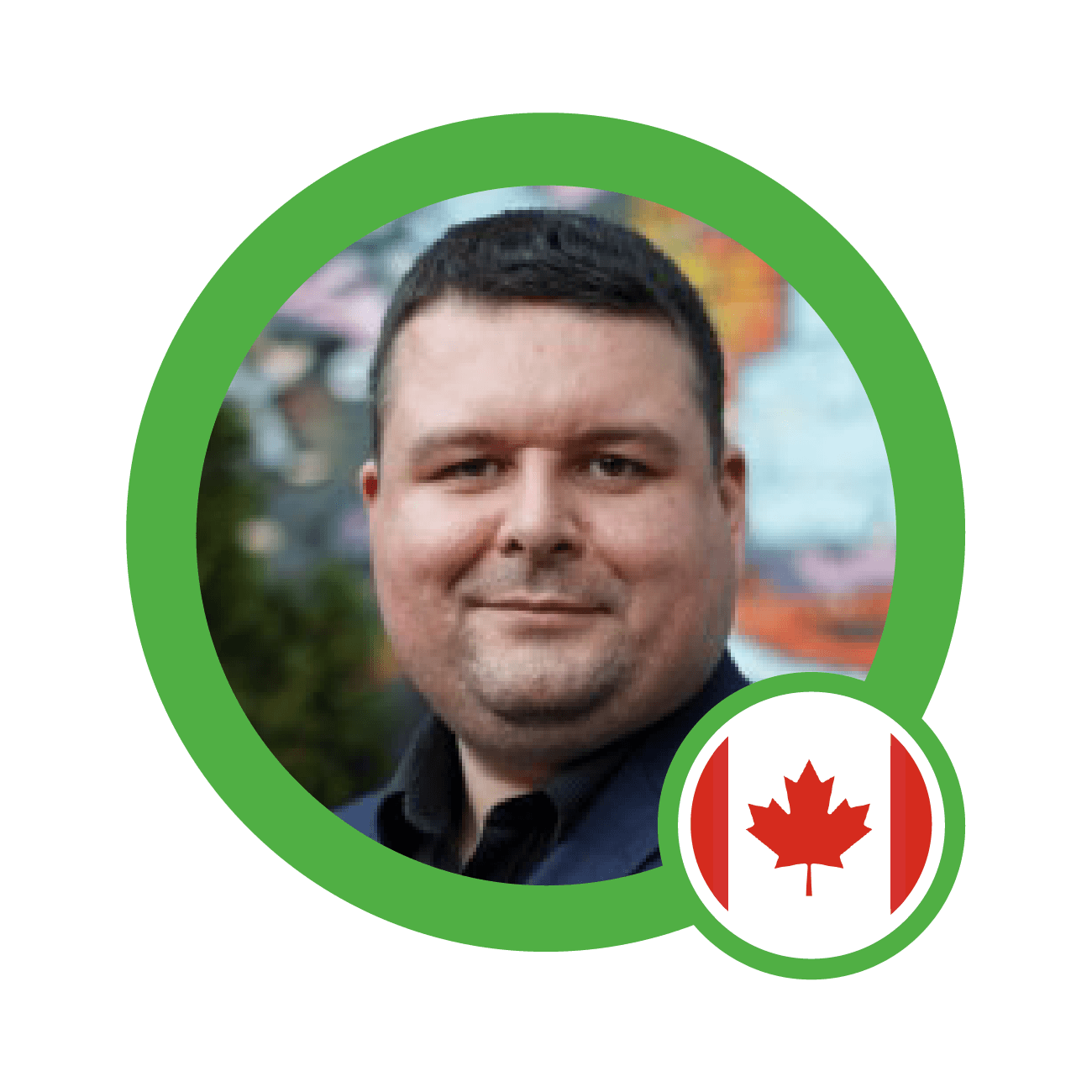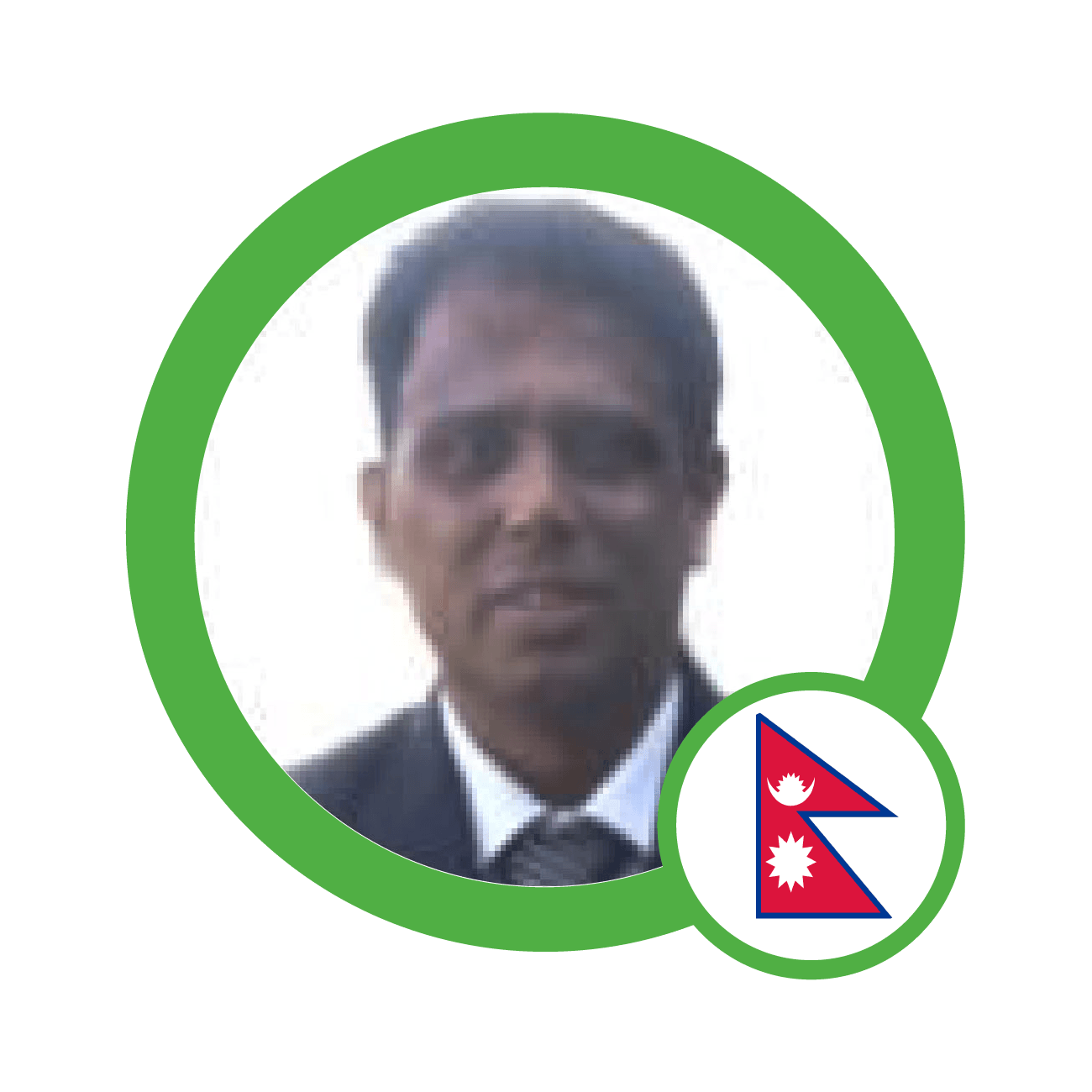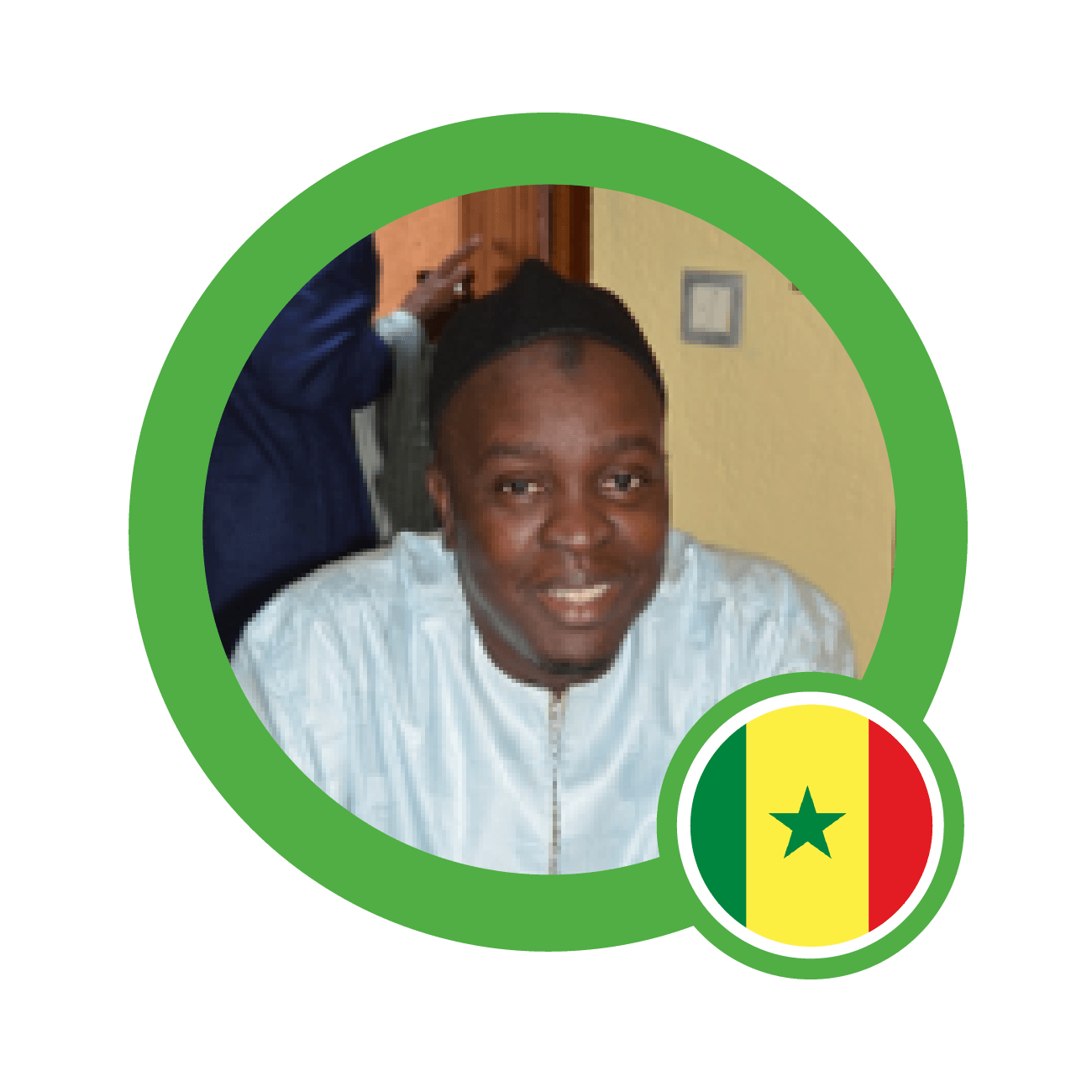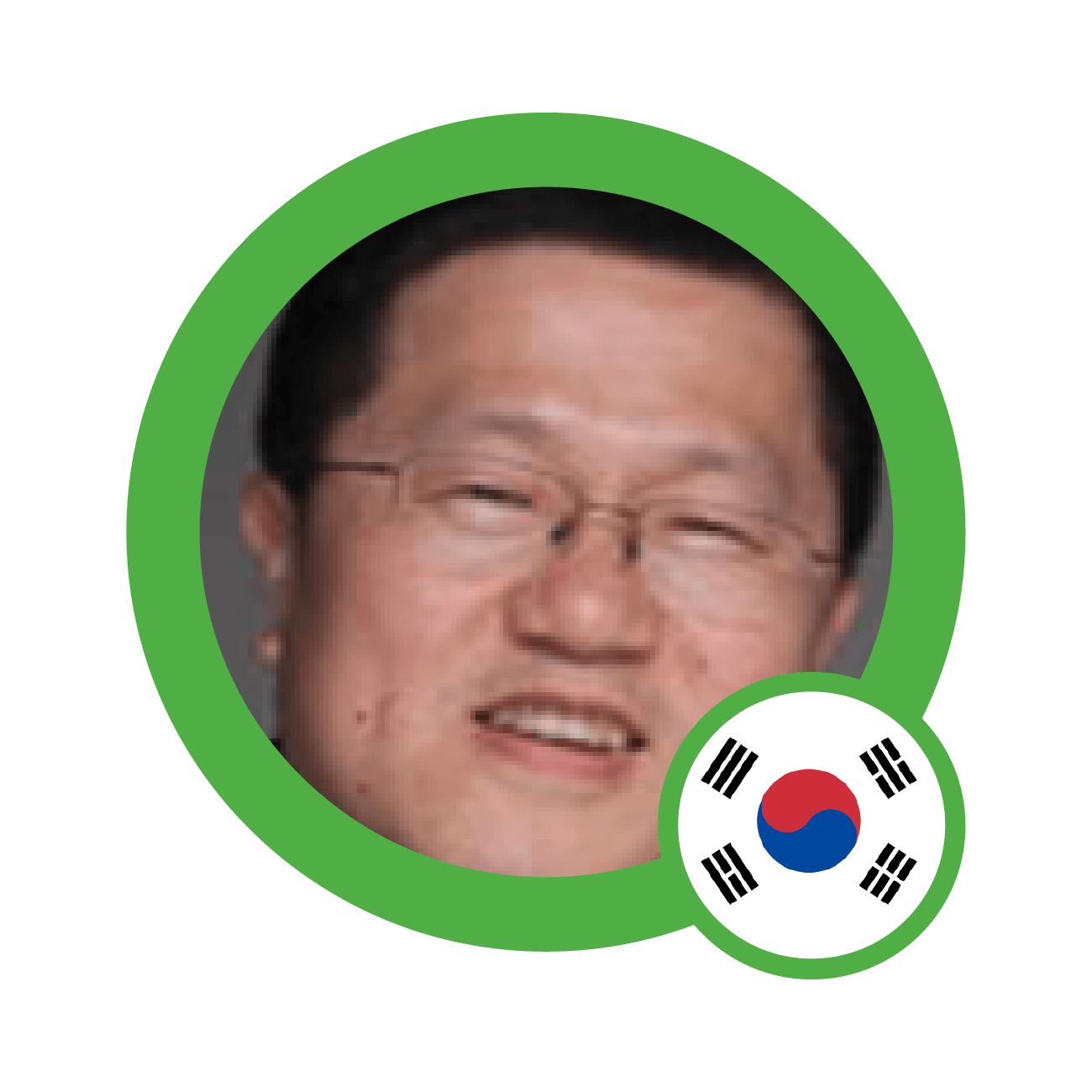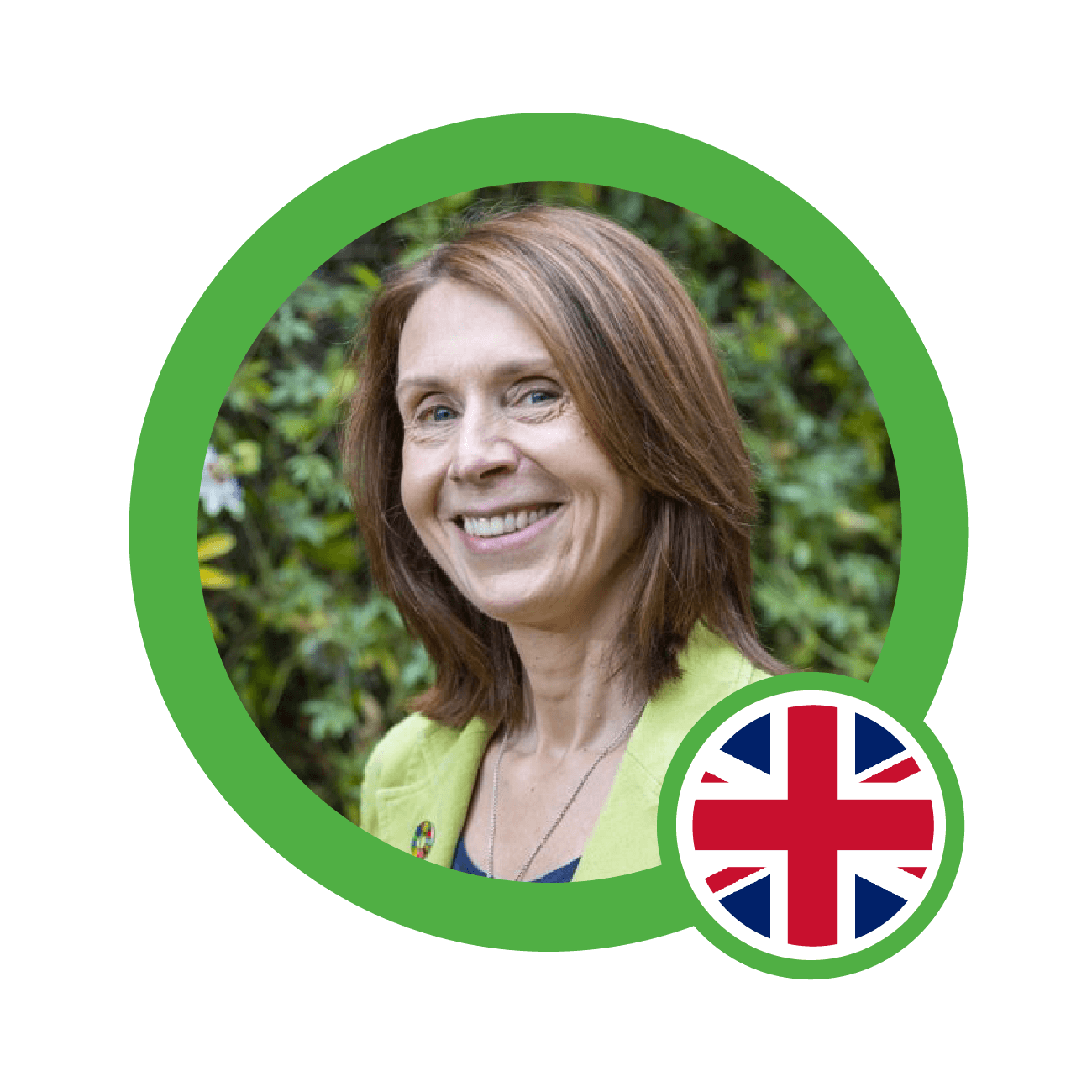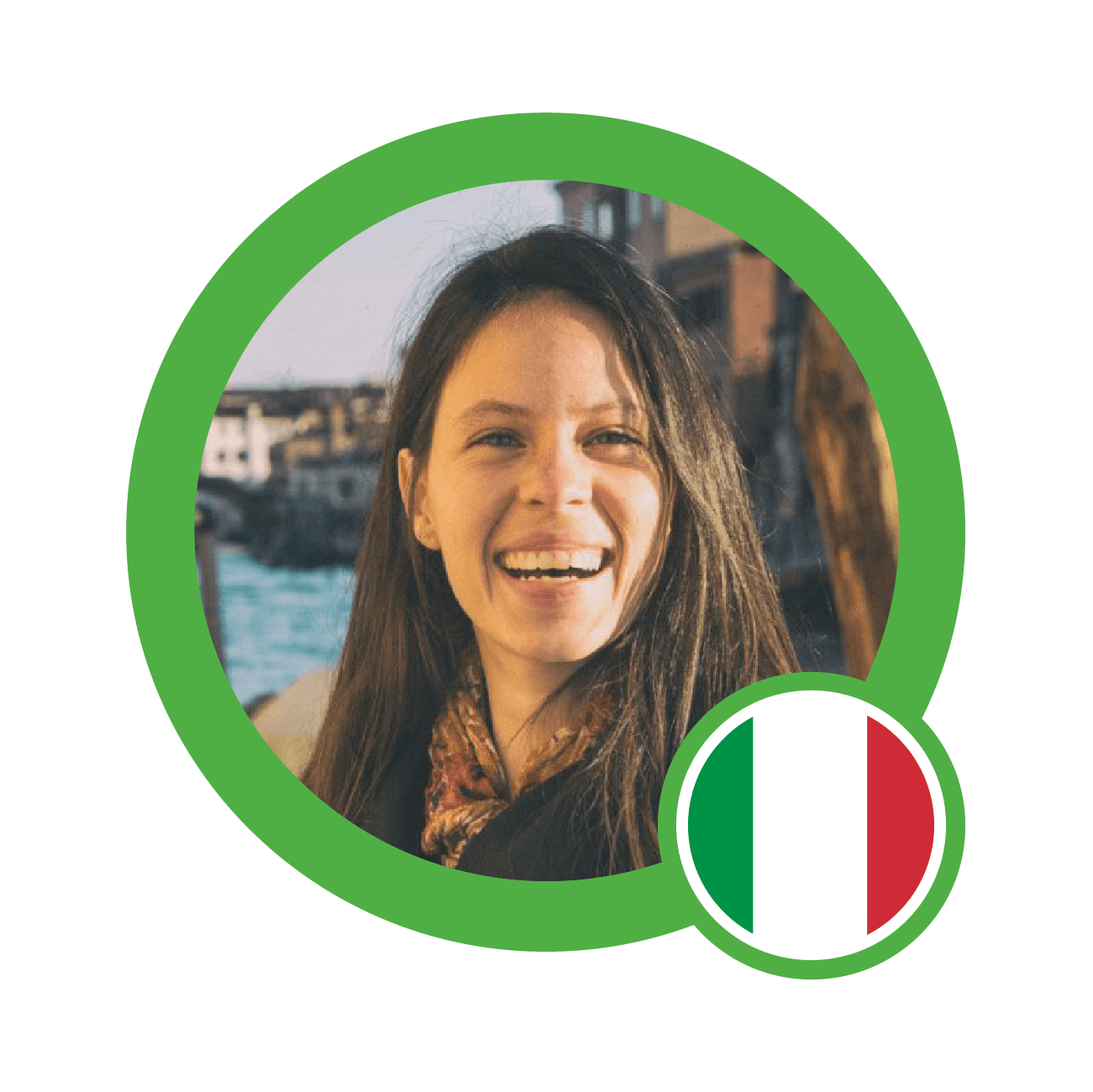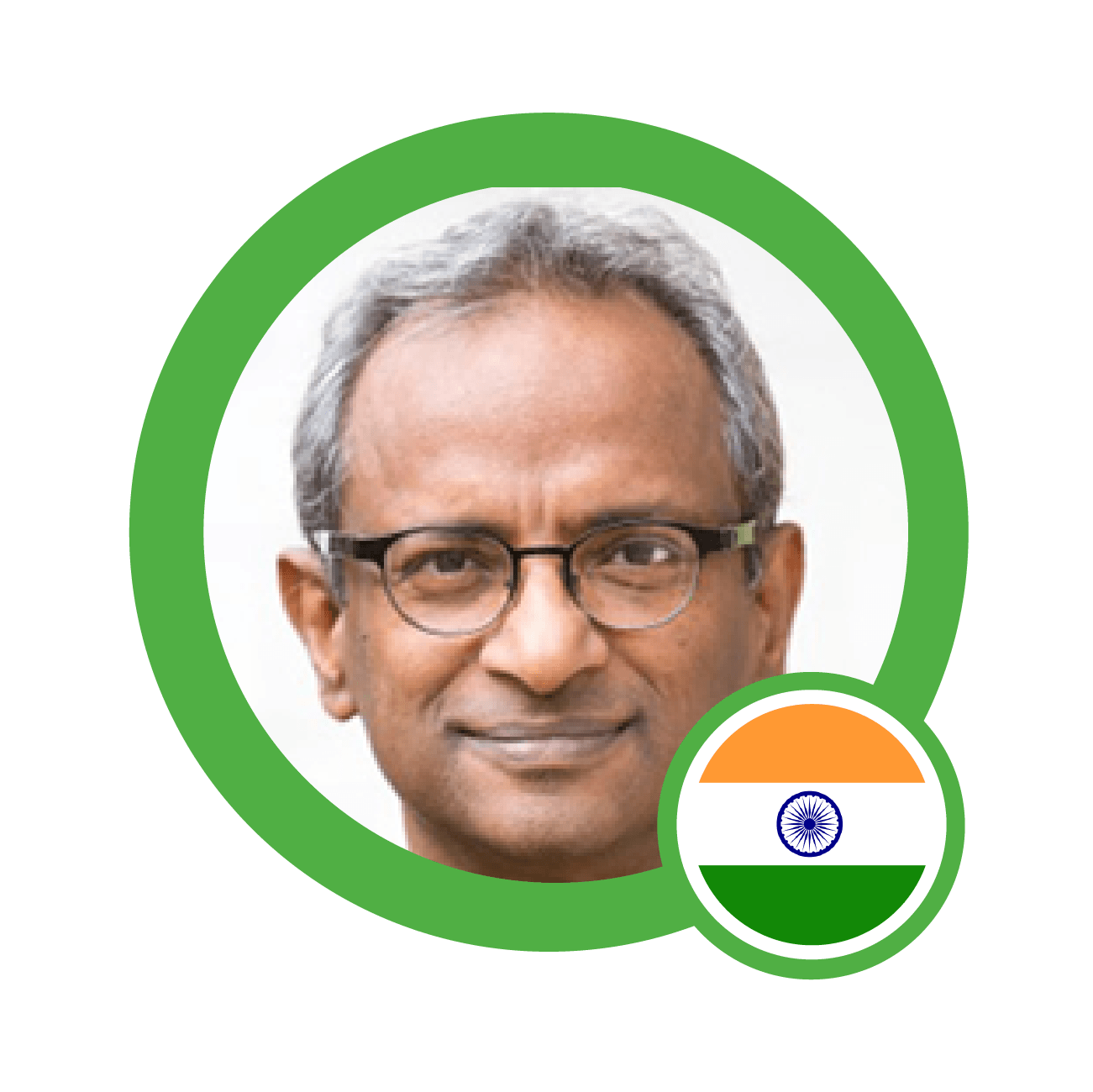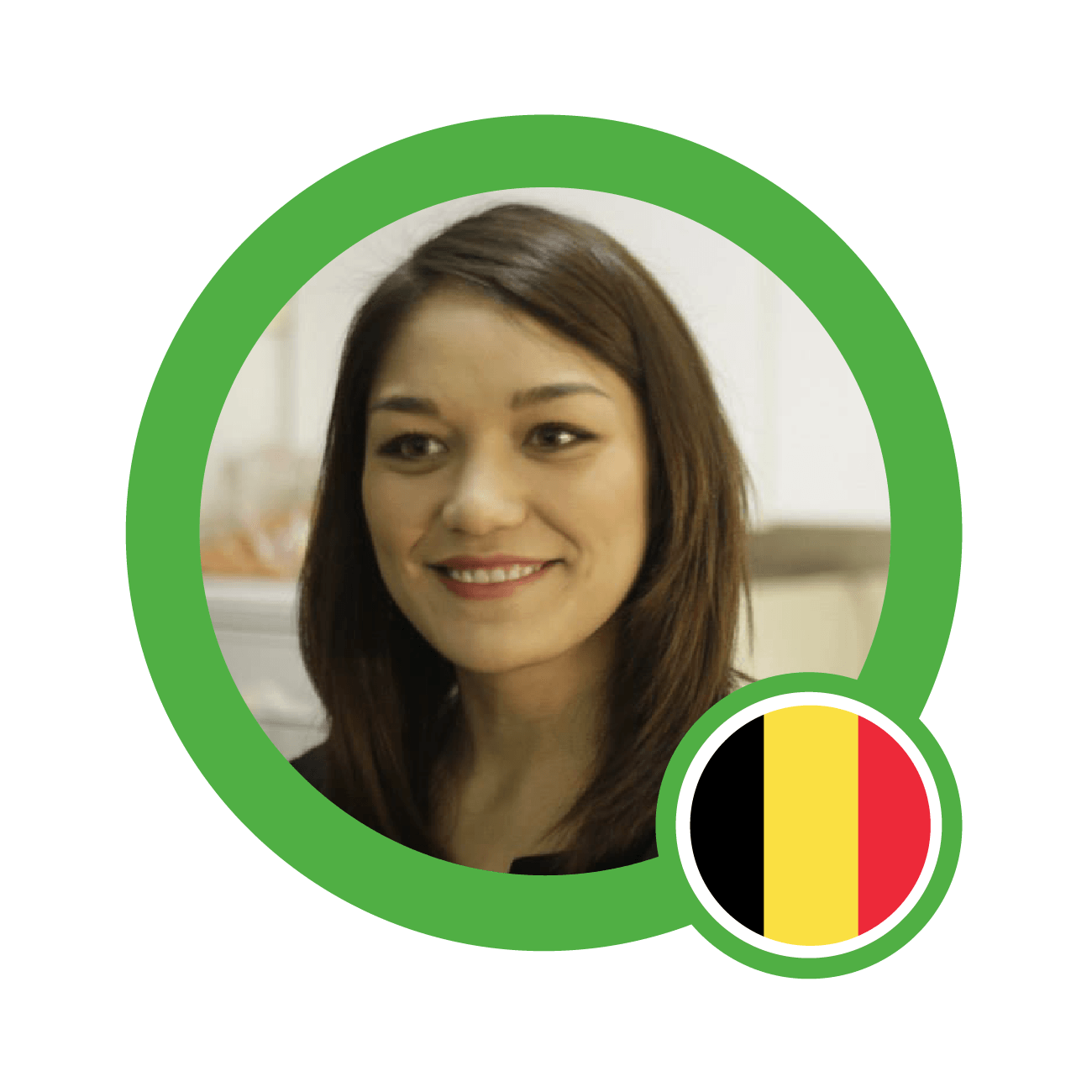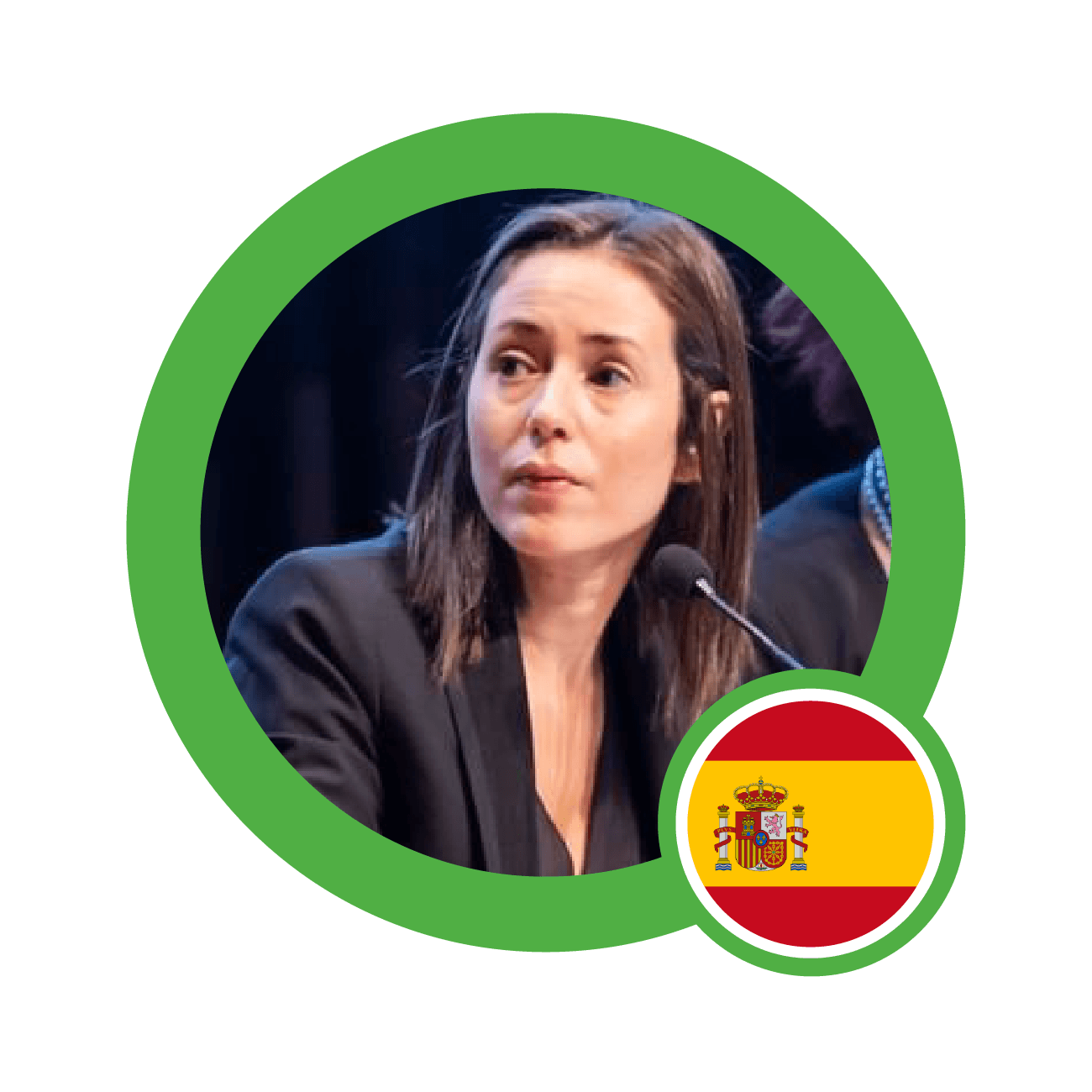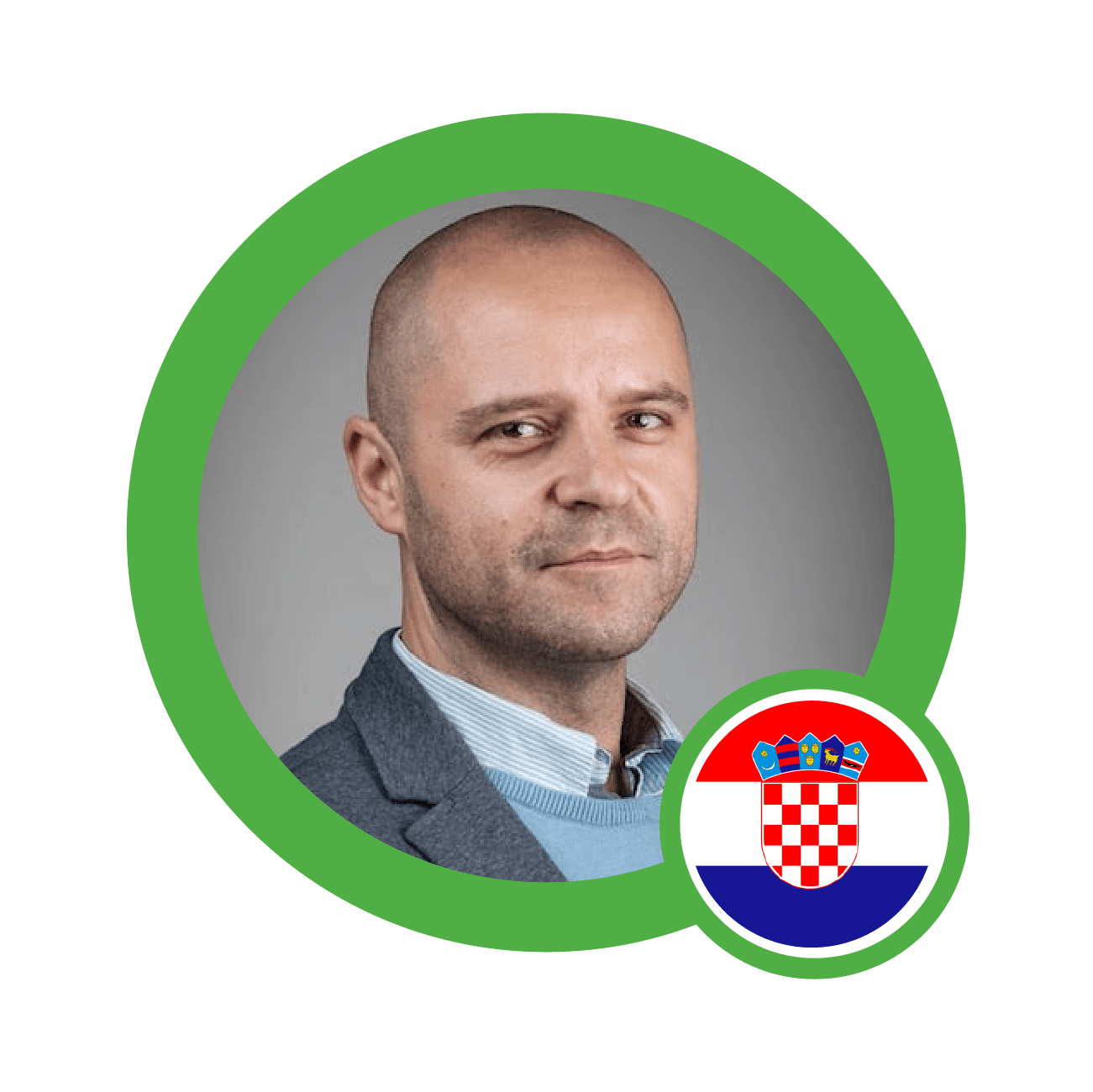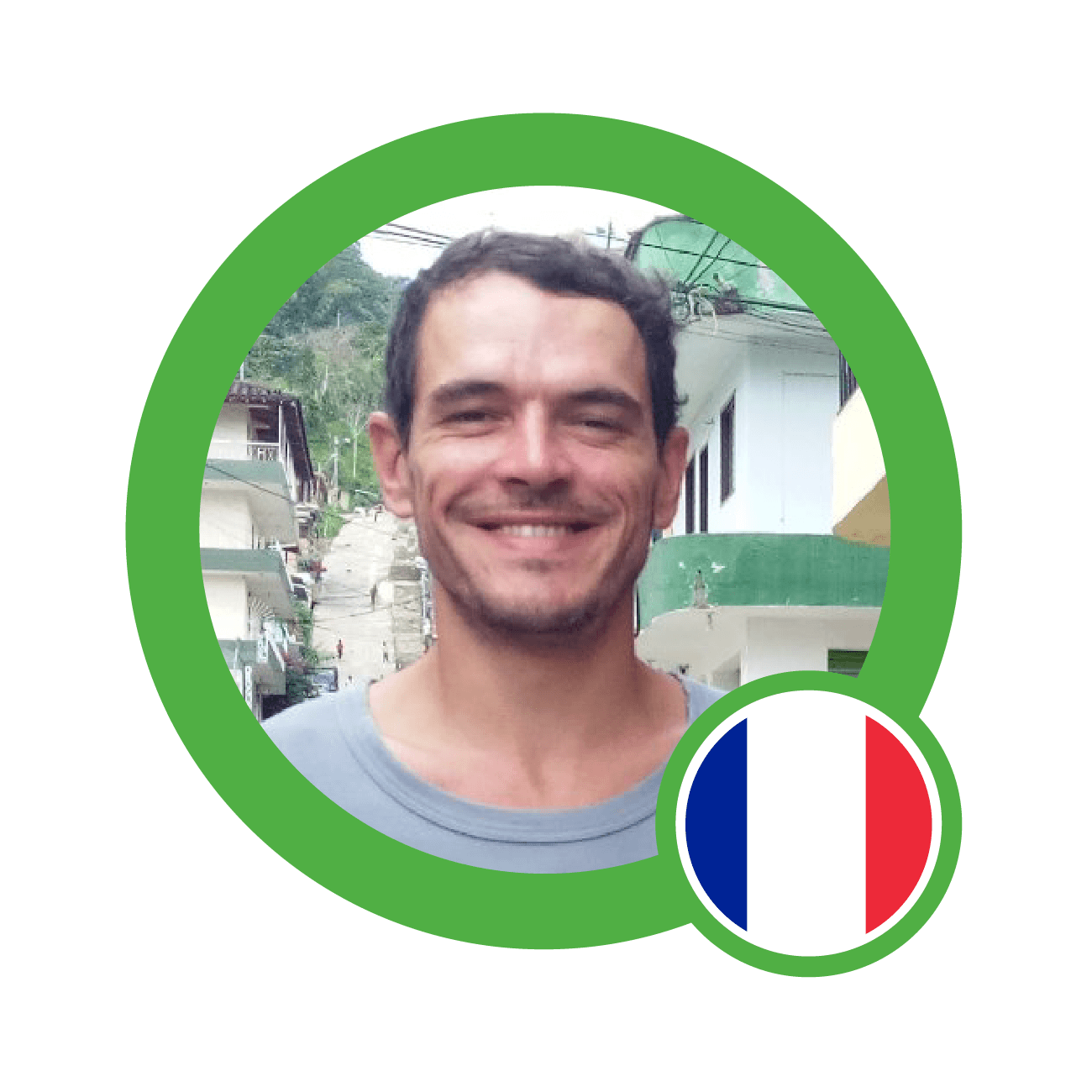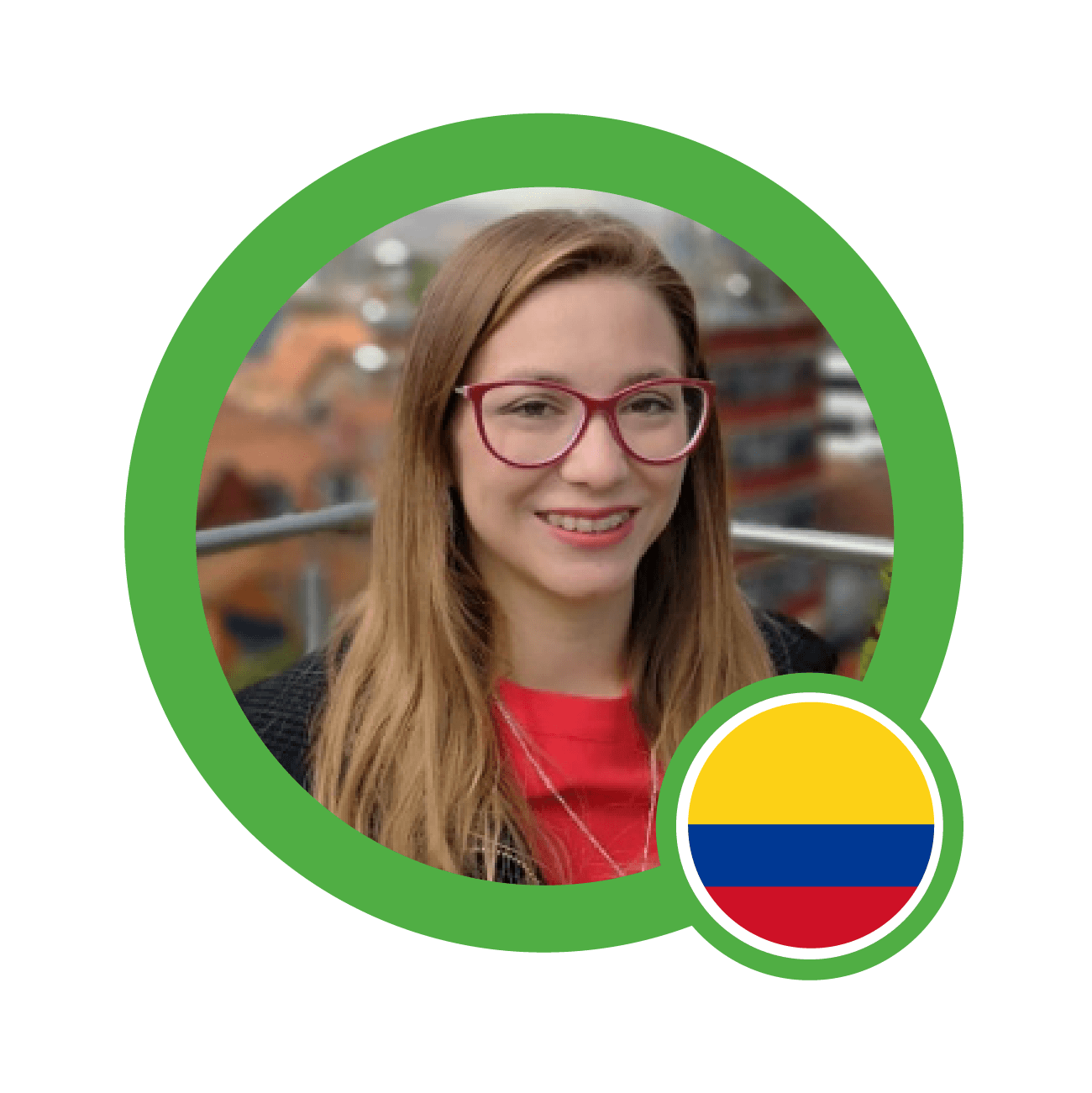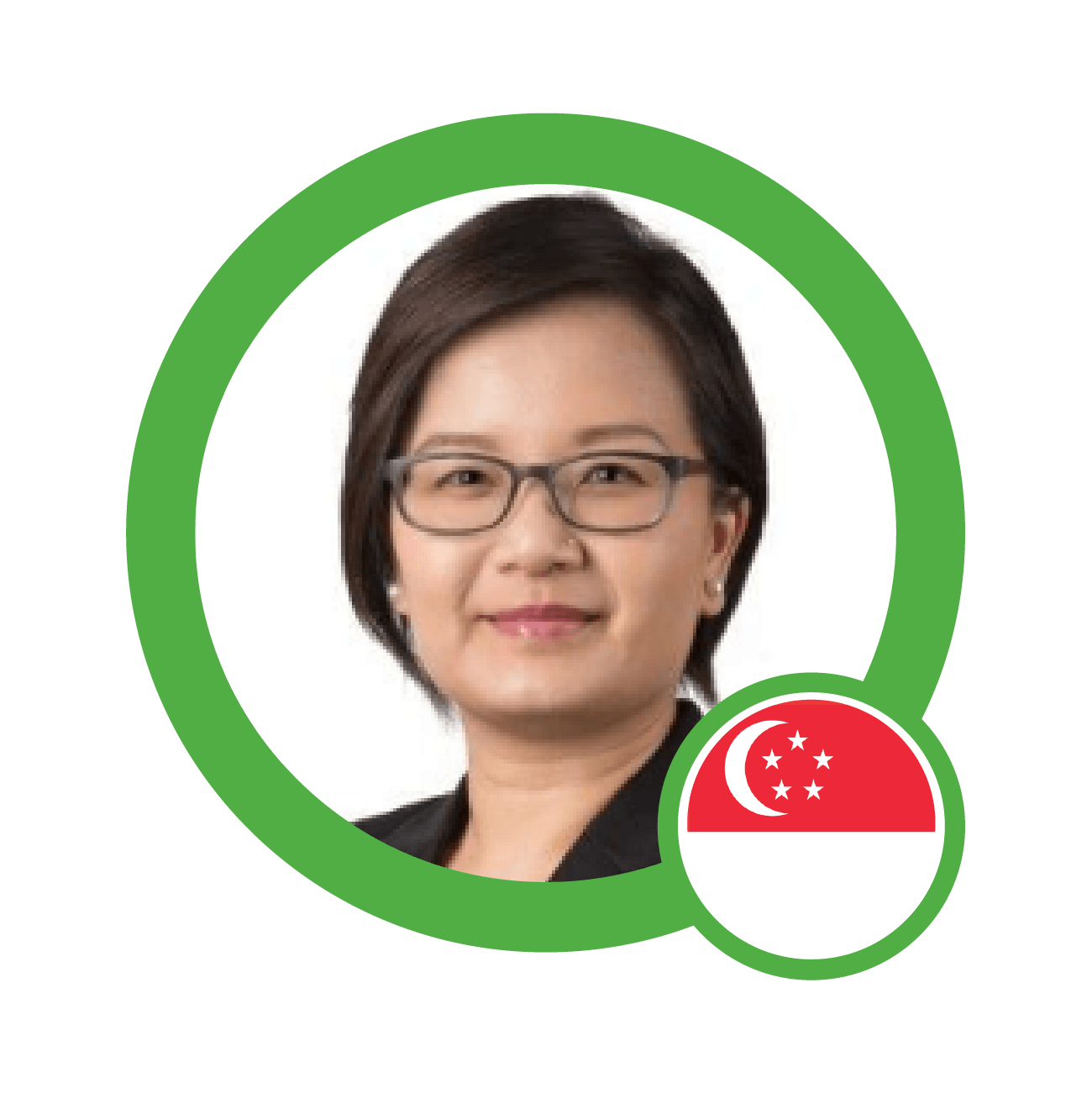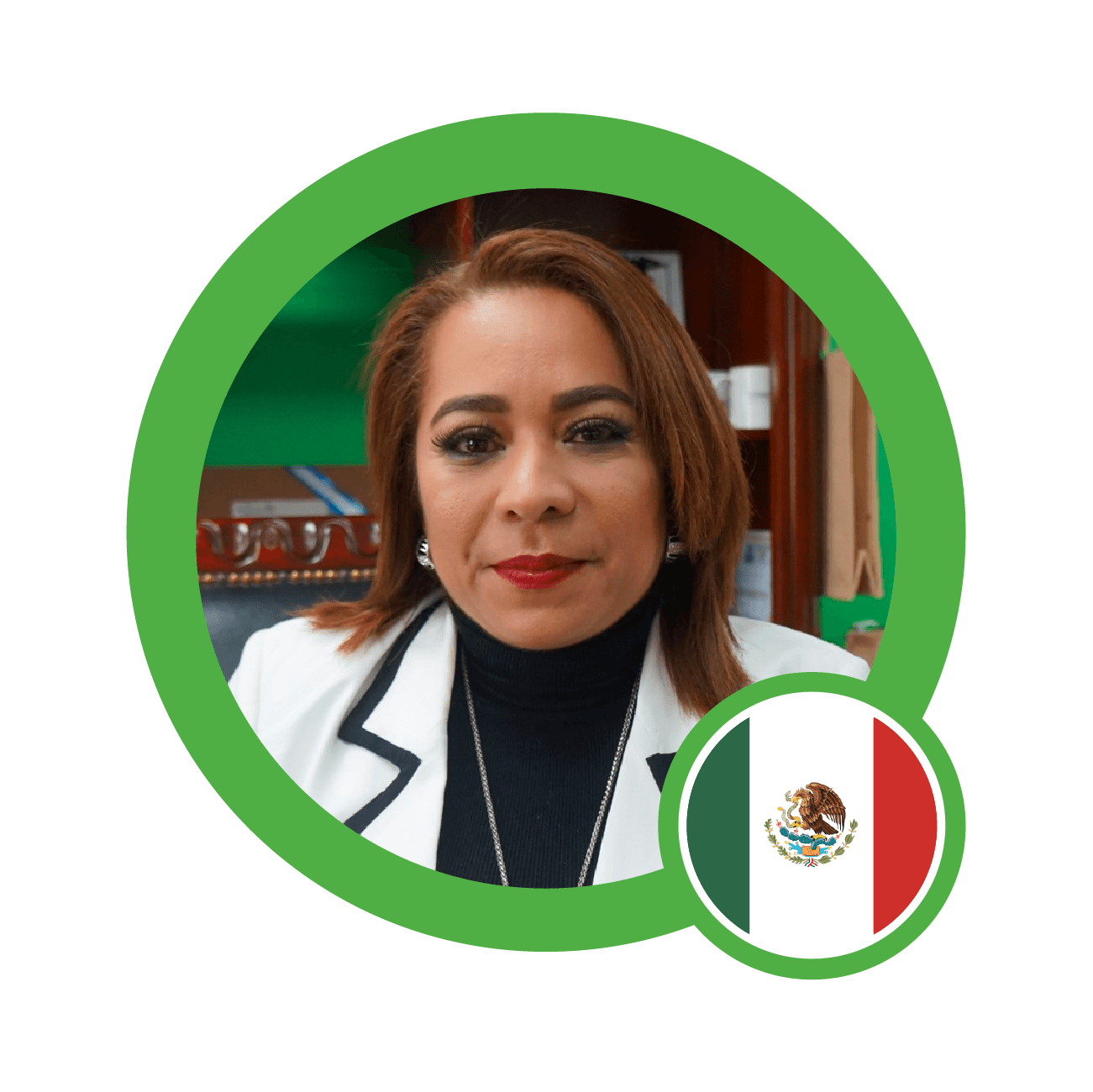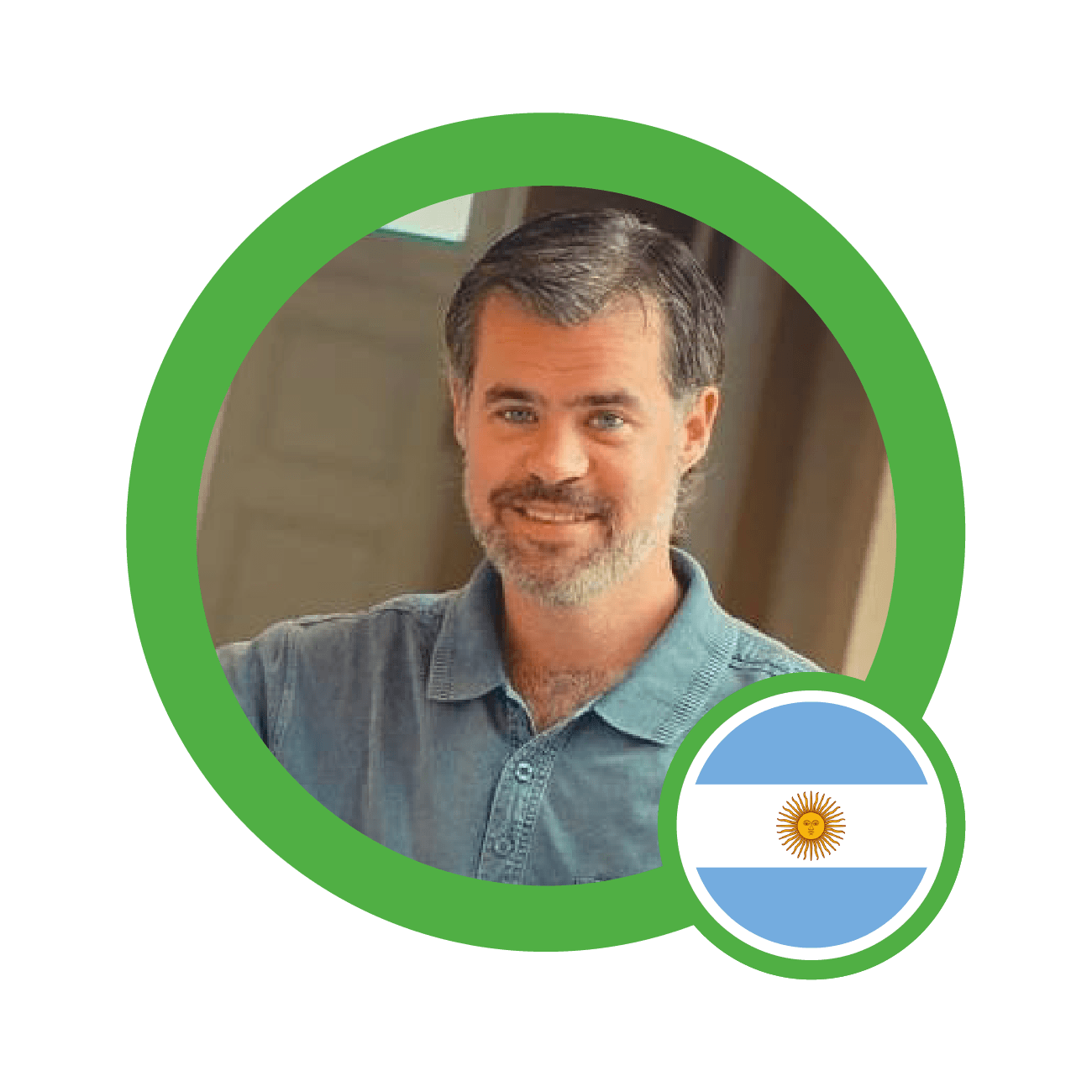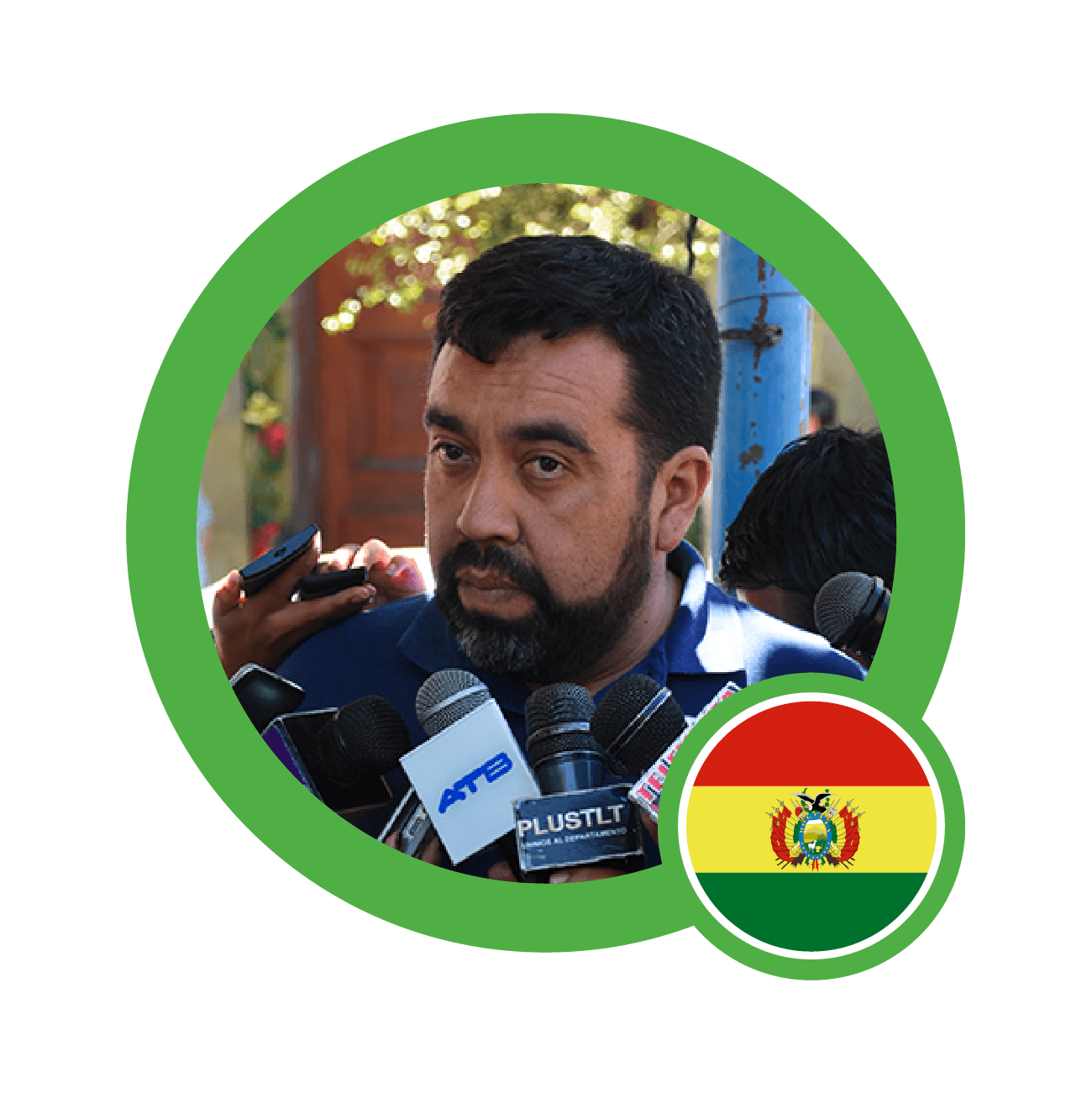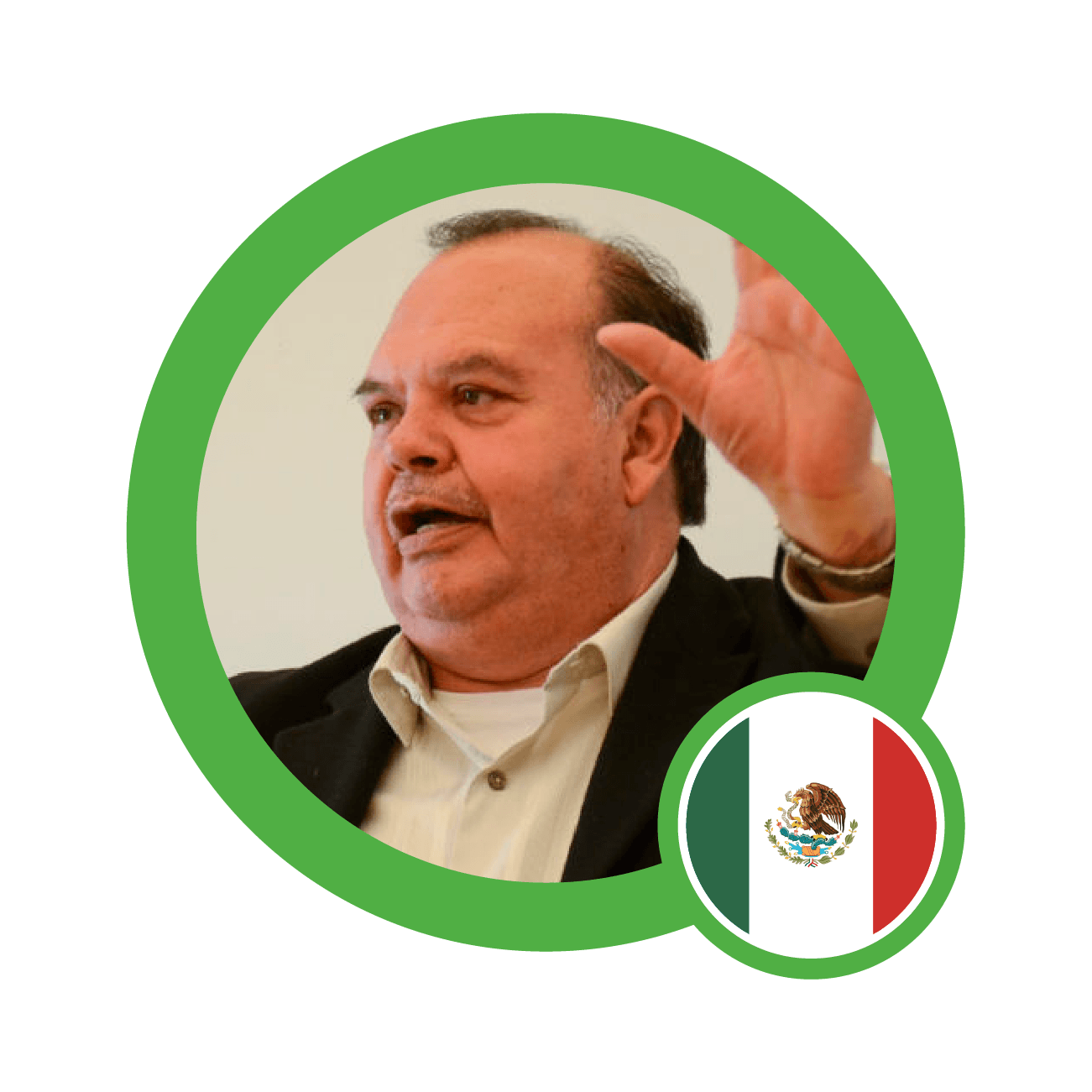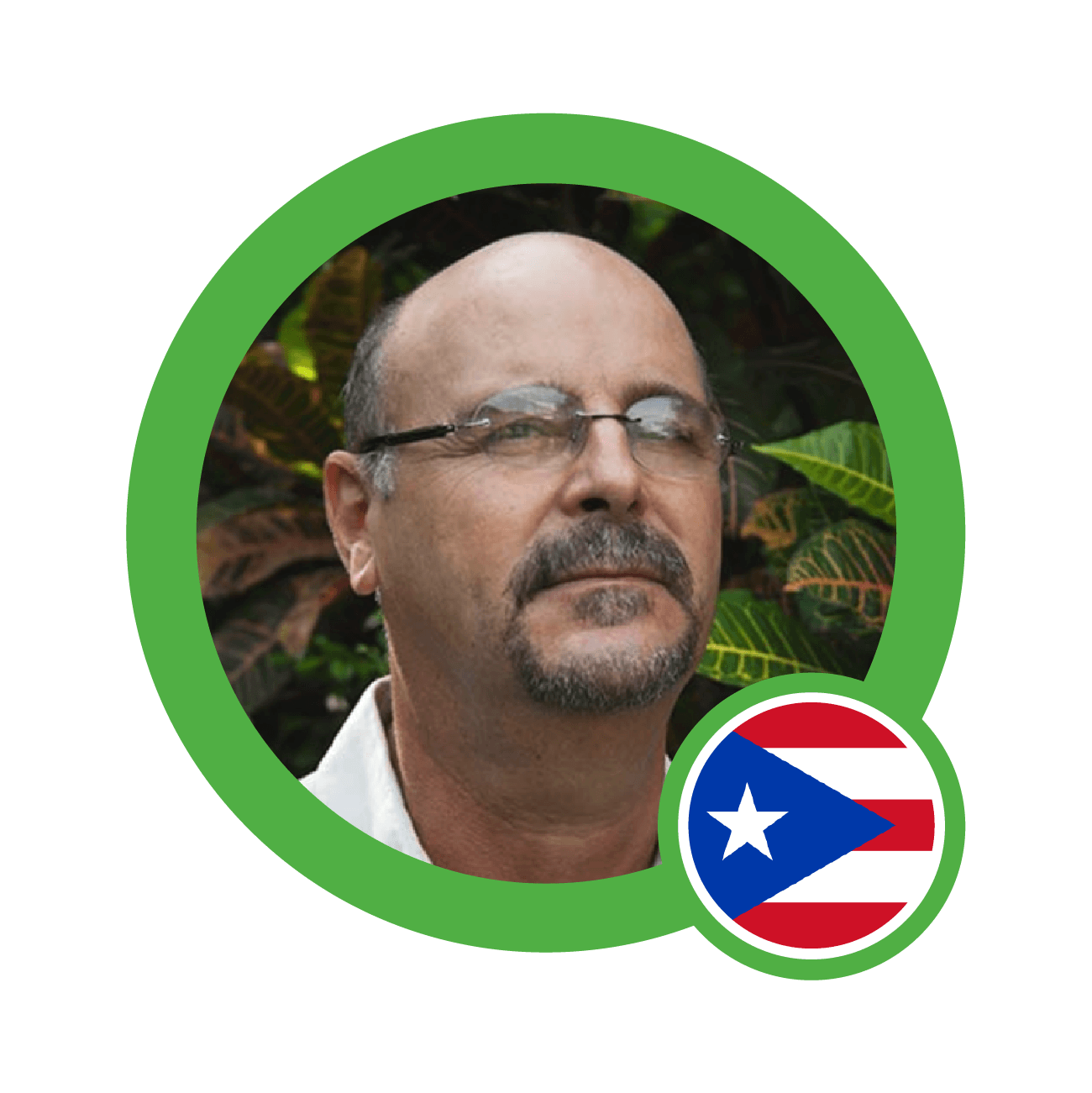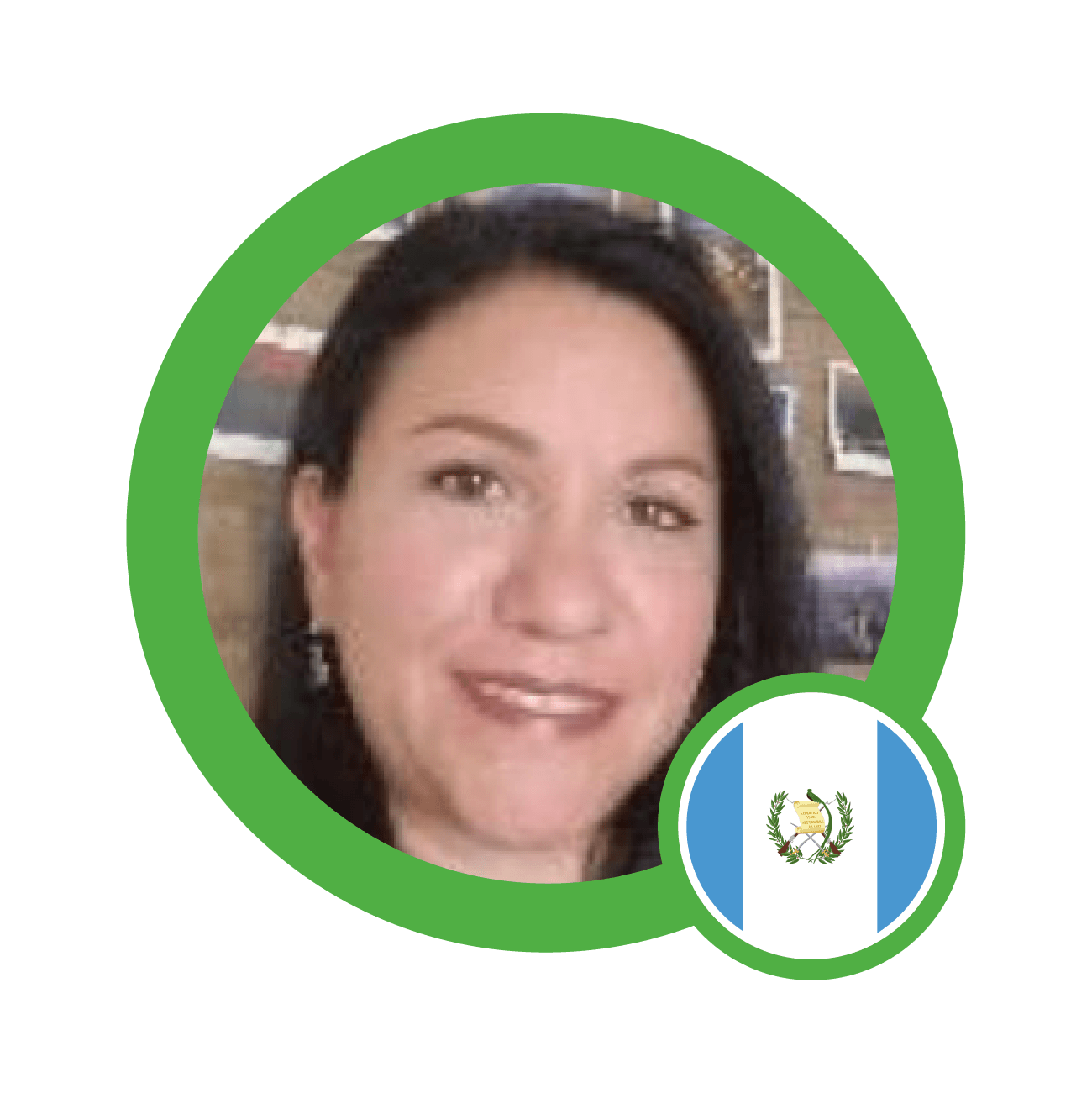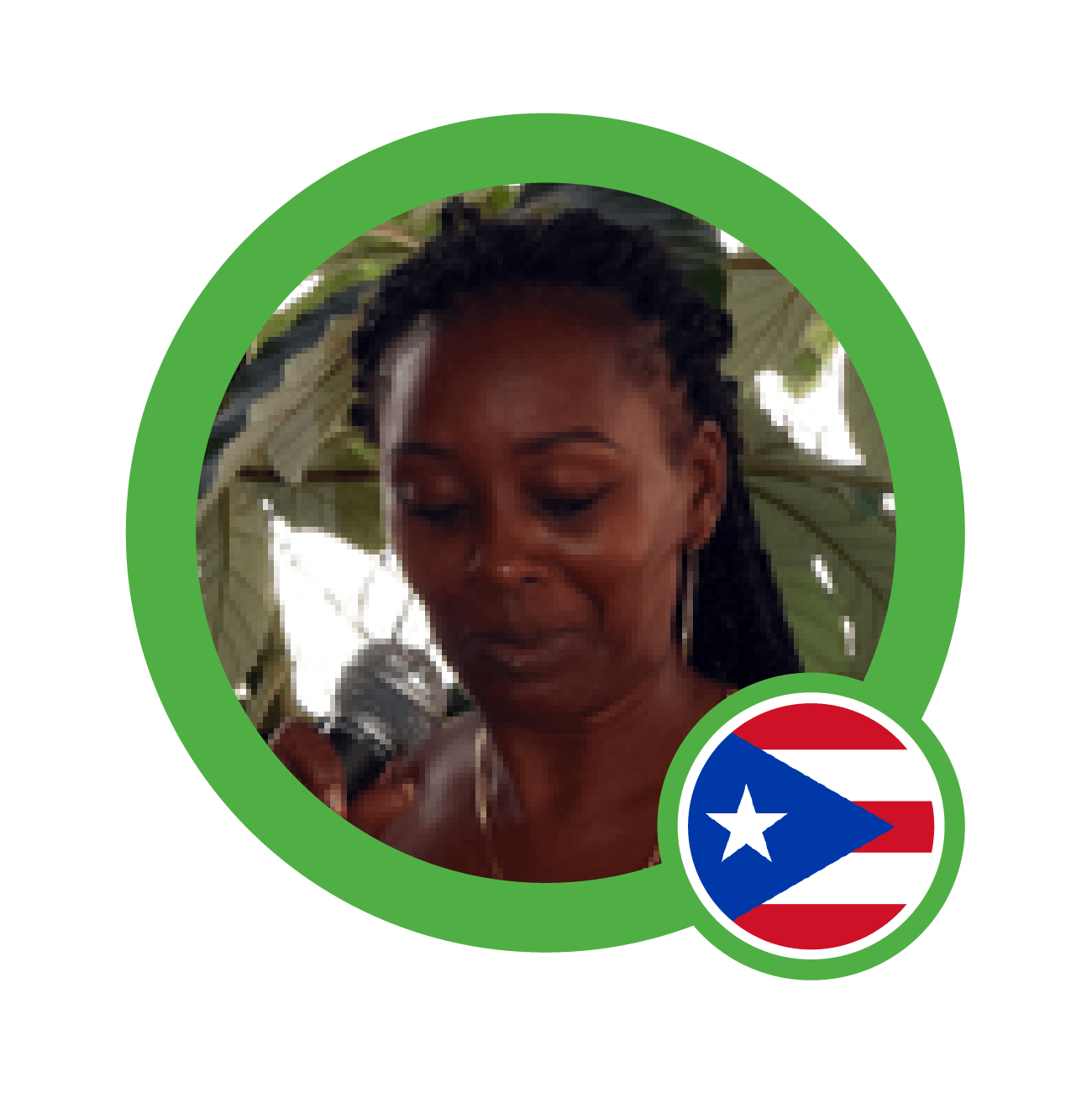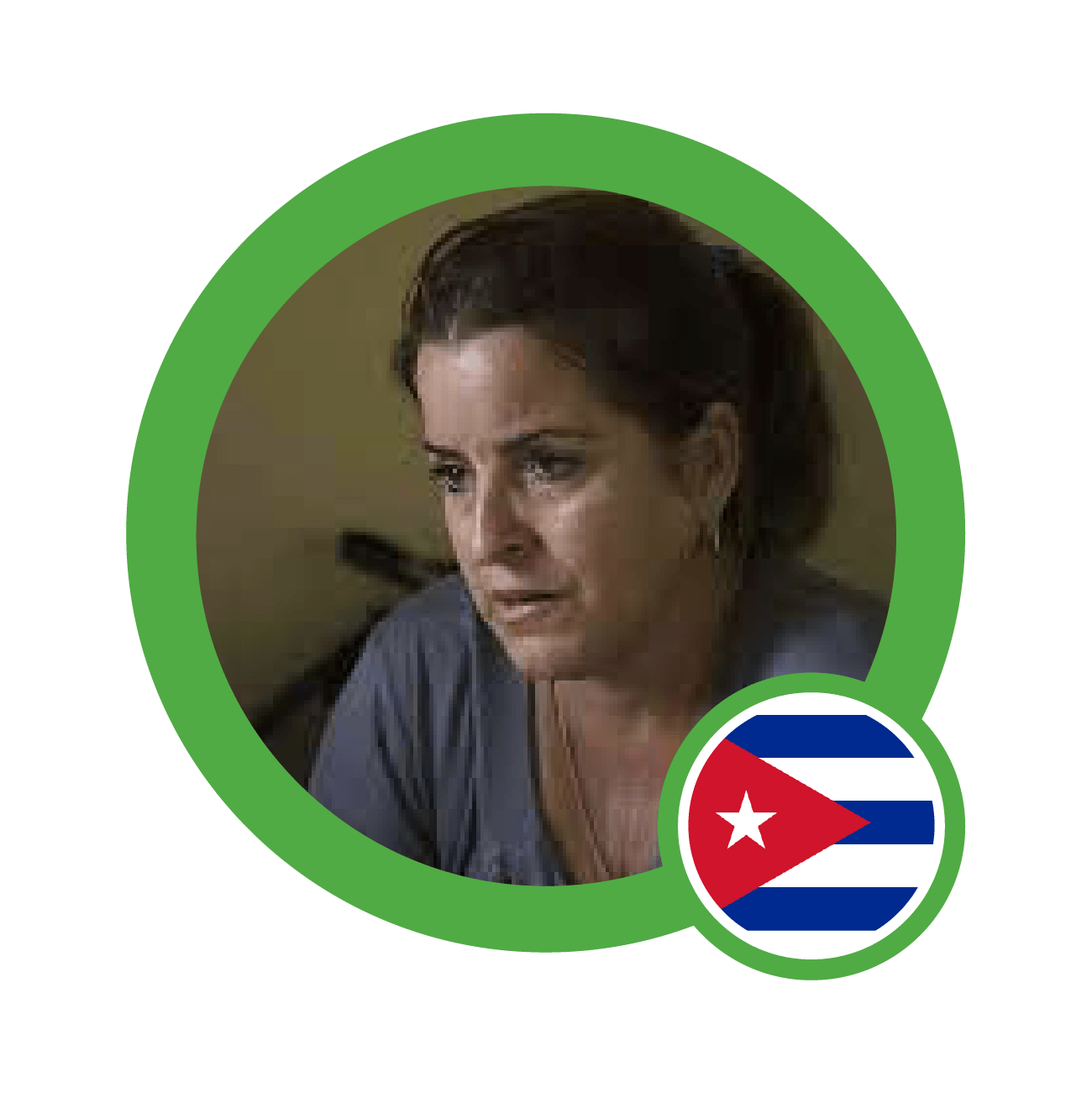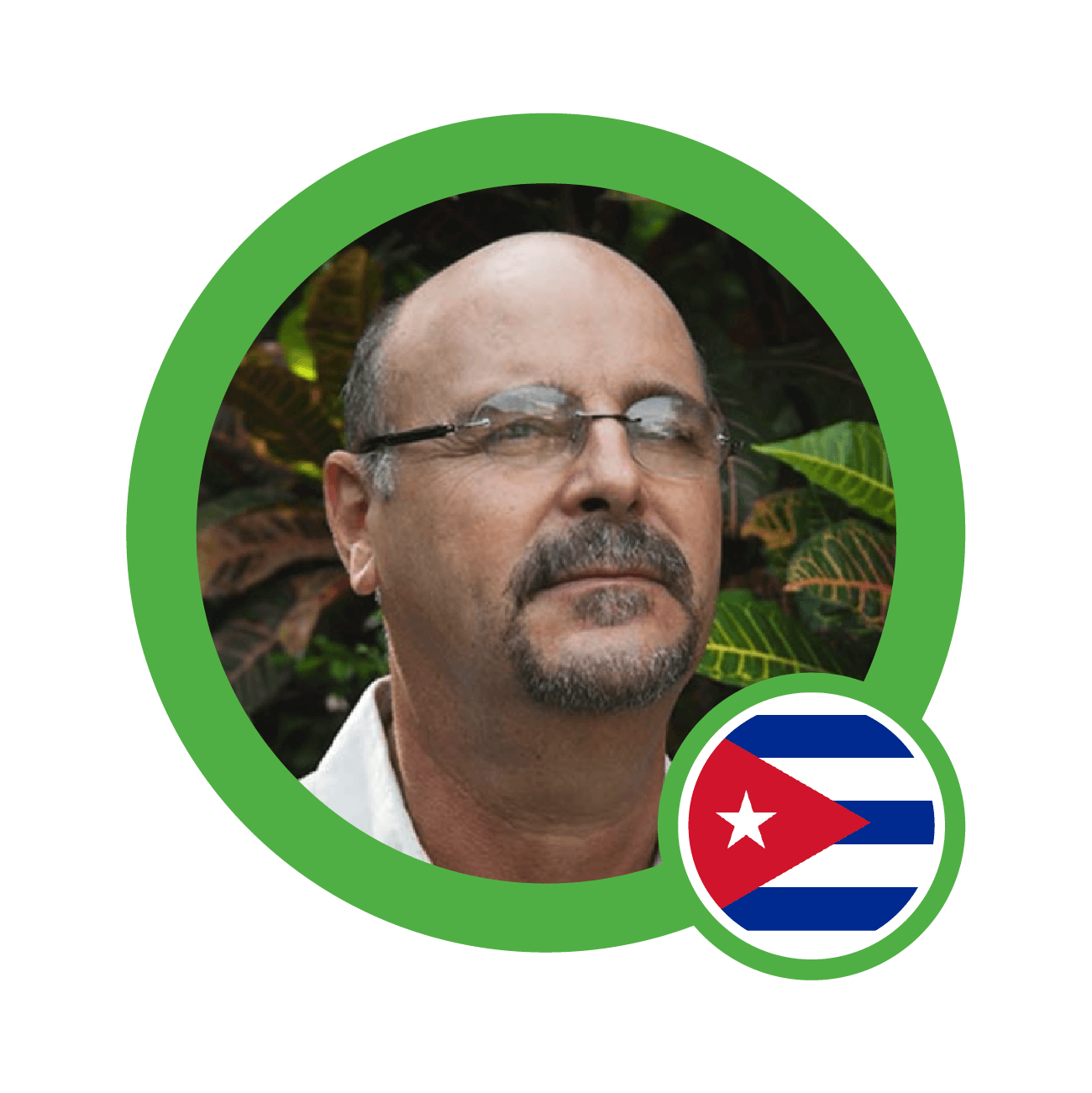Workshop session
Community Resilience and Social Inclusion through SSE in the post COVID-19 Era
Under the negative impact of COVID-19 to both developing and developed, the Social and Solidarity Economy (SSE) provides an alternative economic model to mitigate the negative impacts brought by the pandemic. SSE organizations offer job opportunities, especially to vulnerable groups, and different types of necessary services in the community even when public services and market economy services are interrupted during this difficult time. The SSE activities demonstrate its value of economic practices that are sustainable and inclusive. In this workshop, SSE examples from Asia and North America will be shared to showcase how SSE can build up resilience and social inclusion in our community.
Workshop session
Collaboration and Partnership between Local Governments and SSE Actors in Achieving Sustainable and Inclusive Society
* Share best practices from diverse regions of the world of collaboration and partnership between local governments and SSE actors in achieving sustainable and inclusive society
* How to build partnerships among and beyond sectors and actors for greater solidarity and more effective collaboration

Moderator:Amanda Flety
Coordinator of the Committee on Social Inclusion, Participatory Democracy and Human Rights, United Cities and Local Governments (UCLG)
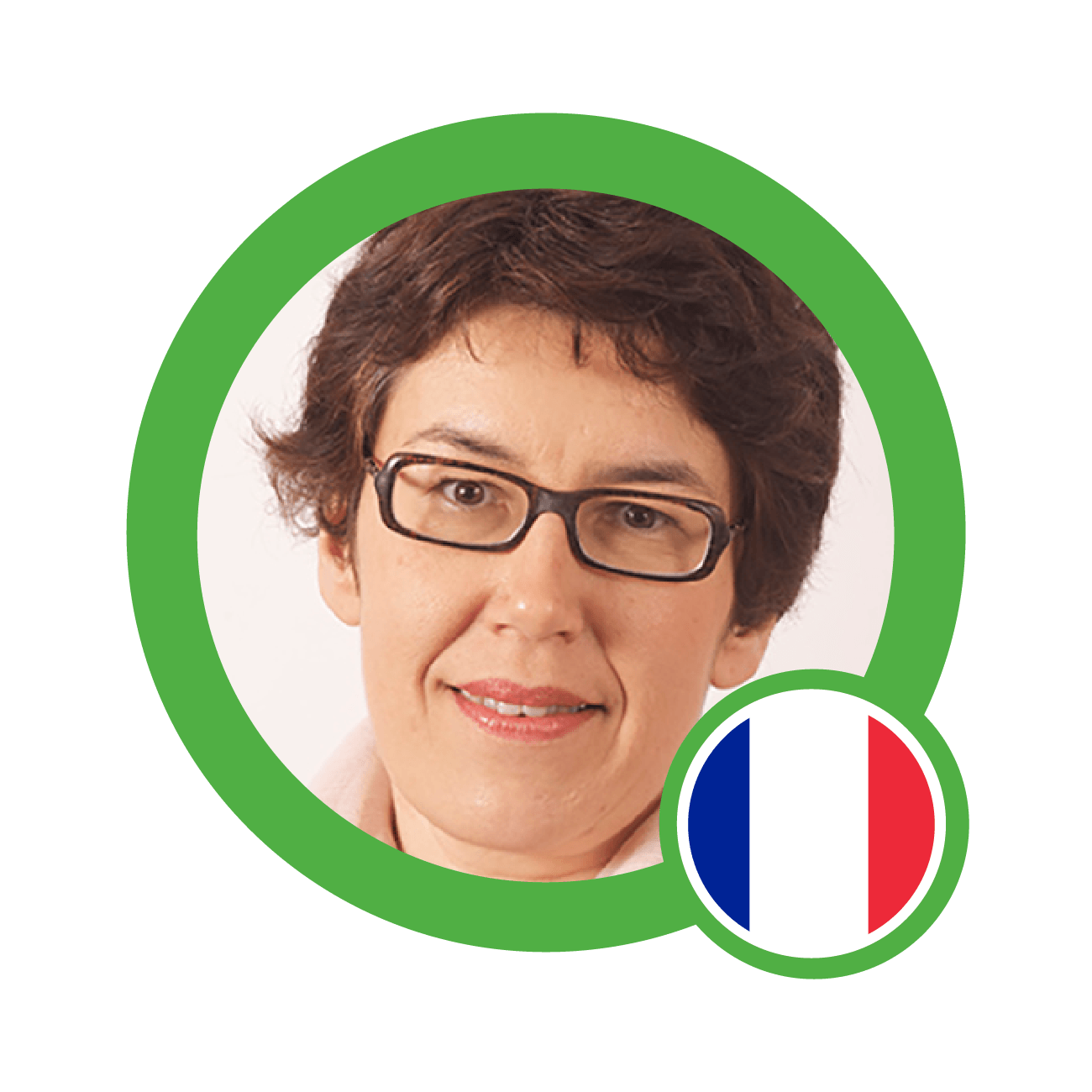
Emmanuelle Rousset
Vice President, French Network of Local Authorities for a Solidarity Economy (RTES), France
Members and Partners Session
Catalyst 2030, Social Entrepreneurs Collaborating to Accelerate Progress to the SDGs, organized by Catalyst 2030
During the session we will present what Catalyst 2030 is about and explain how others can join this global network. Present our new report, "Getting from crisis to systems change: Advice for leaders In the time of COVID – 19" the result of three months of productive collaborative cocreation by more than 1,600 organisations led by Catalyst 2030 members. And showcase examples of ongoing partnerships.
During the session we will:
* Introduce Catalyst 2030 and explain how others can join this global network
* Present our new report, "Getting from crisis to systems change: Advice for leaders In the time of COVID – 19" the result of three months of productive collaborative cocreation by more than 1,600 organisations led by Catalyst 2030 members.
* Discuss potential partnerships and approaches to bring our shared expertise and motivation to scale up best practice in the SSE in order to accelerate progress towards the SDGs. Bring your best ideas and join in the discussion or just come to listen and find out more.
Members and Partners Session
Social Impact Measurement and the Impact of COVID-19 on WISEs: Testimonies from around Europe
ENSIE represents the interests of national and regional networks of ‘Work Integration Social Enterprises’ (WISEs) striving for more inclusive and integrated forms of employment at European level. Today, ENSIE gathers 27 national, regional and local networks in 20 European countries. Since 2011, the network is considered by the European Commission as a key actor in fighting poverty and social exclusion.
In 2015, ENSIE launched, together with its members, the “Impact-WISEs” study, a social impact measurement tool that aims to demonstrate the positive social and economic impact of WISEs. In the current context of the COVID-19 crisis, new variables were exceptionally added to the study to report on the impact of this crisis on WISEs activities.
During the session, the participants will have the opportunity to learn more on the importance of measuring the social impact for WISEs as well as on the existing challenges faced during this process. ENSIE will present its recent data from 2019 as well as the data related to the COVID-19 impact on WISEs. Three representatives of national networks from Spain, Croatia and France (tbc) will share information about the impact of the COVID-19 crisis on WISEs activities in their respective countries and the tools/means used to remediate to the crisis and finally, they will present their expectations and recommendations for the future.
This session will provide participants with a global overview on WISEs social and economic impact on the society as well as on their resilience in times of crisis.
Plenary Session 4
New Solidarity for an Ecological Transition
Since the 70's, the need for a planetary social change was foreseen in the face of the obvious global environmental crisis, which places us in risky conditions but, at the same time, expands the opportunities for a tr ansformation, based on the recognition that the future is susceptible to be redesigned and built if the economy and society are reoriented, in order to generate ways of knowing and doing that have an impact on the enhancement of our relationship with nature.
This demand an economy that has as a principle the preservation of nature; an economy that contributes to generate values like solidarity and cooperation in the cr eation of a more equitable and fair society , sustained in an ecological, social and economically viable management. The ecological tr ansformation suggests several paths that converge in many aspects with the values and principles of the SSE, which is why it is considered valuable to know and explore them.GSEF Global Virtual ForumGreat Challenges, Greater SolidarityPower of Community and SSE as a Path for Transformation22 October 2020 Plenary Session 4New Solidarity for an Ecological TransitionConceptual note
Through a variety of experiences and initiatives in different contexts and locations, in this plenary we will be able to deepen the reflections based on the real challenges and examine the viable and future-oriented solutions that are sustainable and better for everyone.
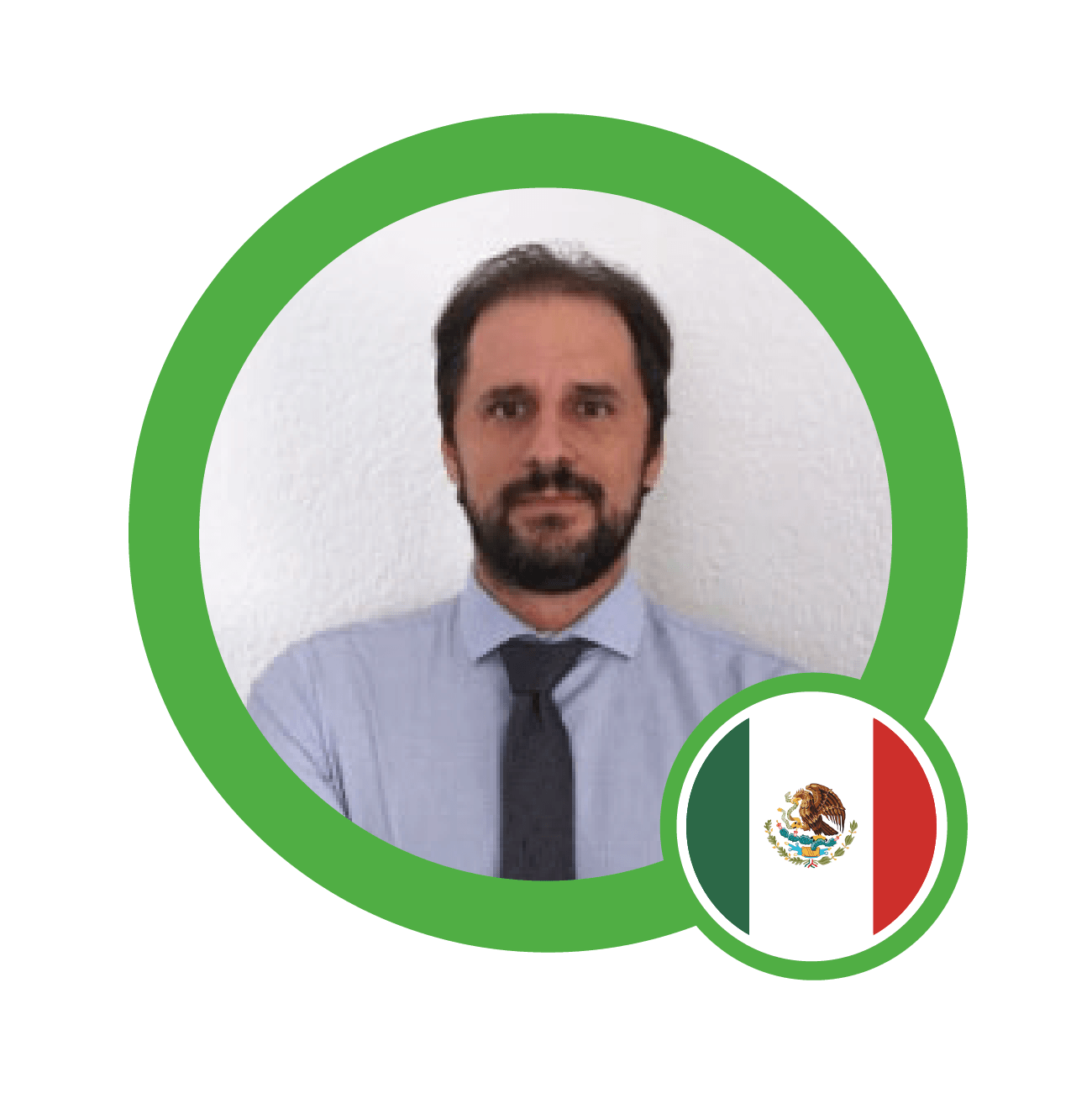
Sebastien Proust
National Coordinator of the Small Grants Program of the Global Environment Facility (GEF), UNDP Mexico
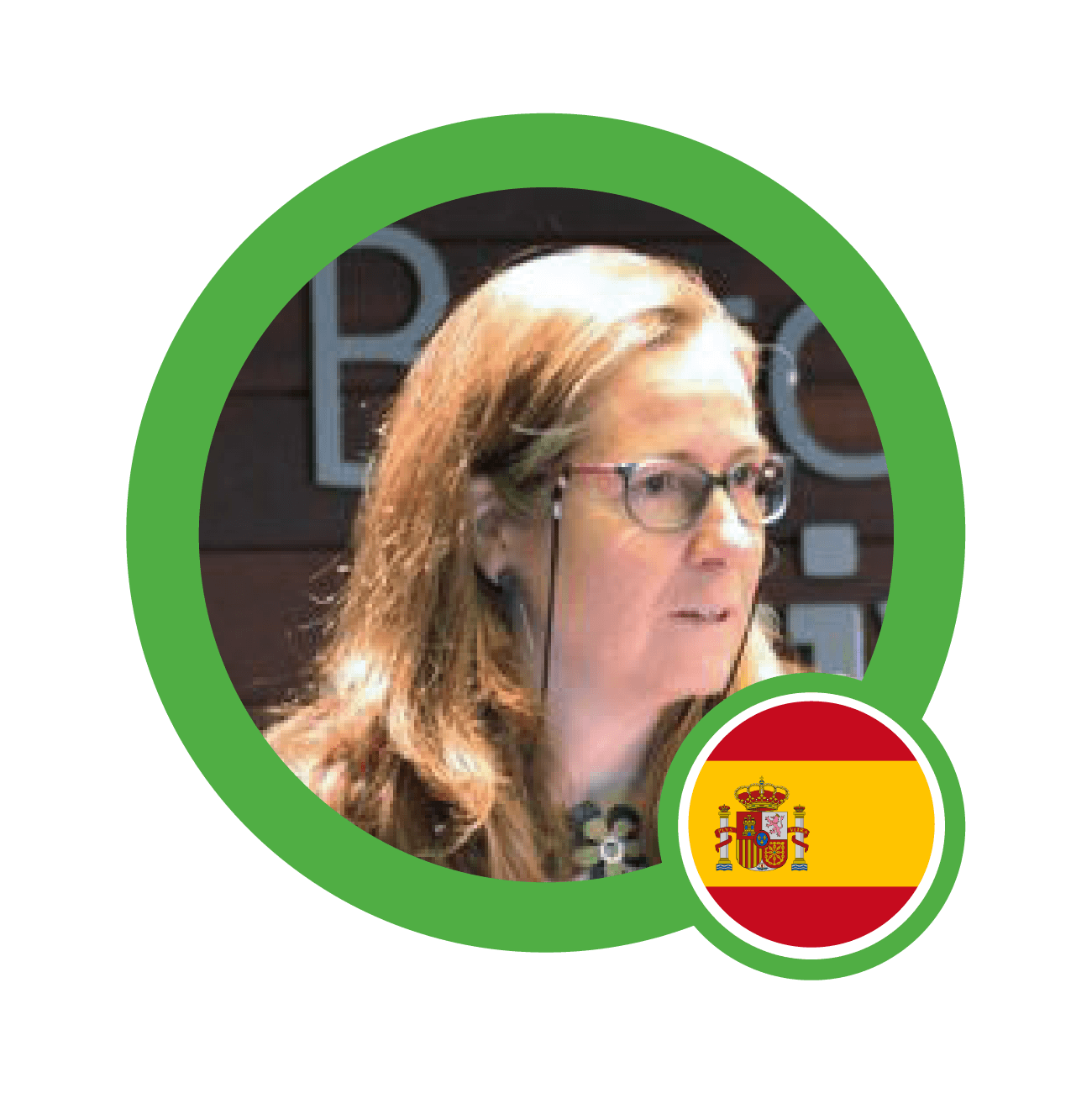
Ester Vidal
Director of Services for the Cooperative, Social and Solidarity Economy of the Barcelona City Council
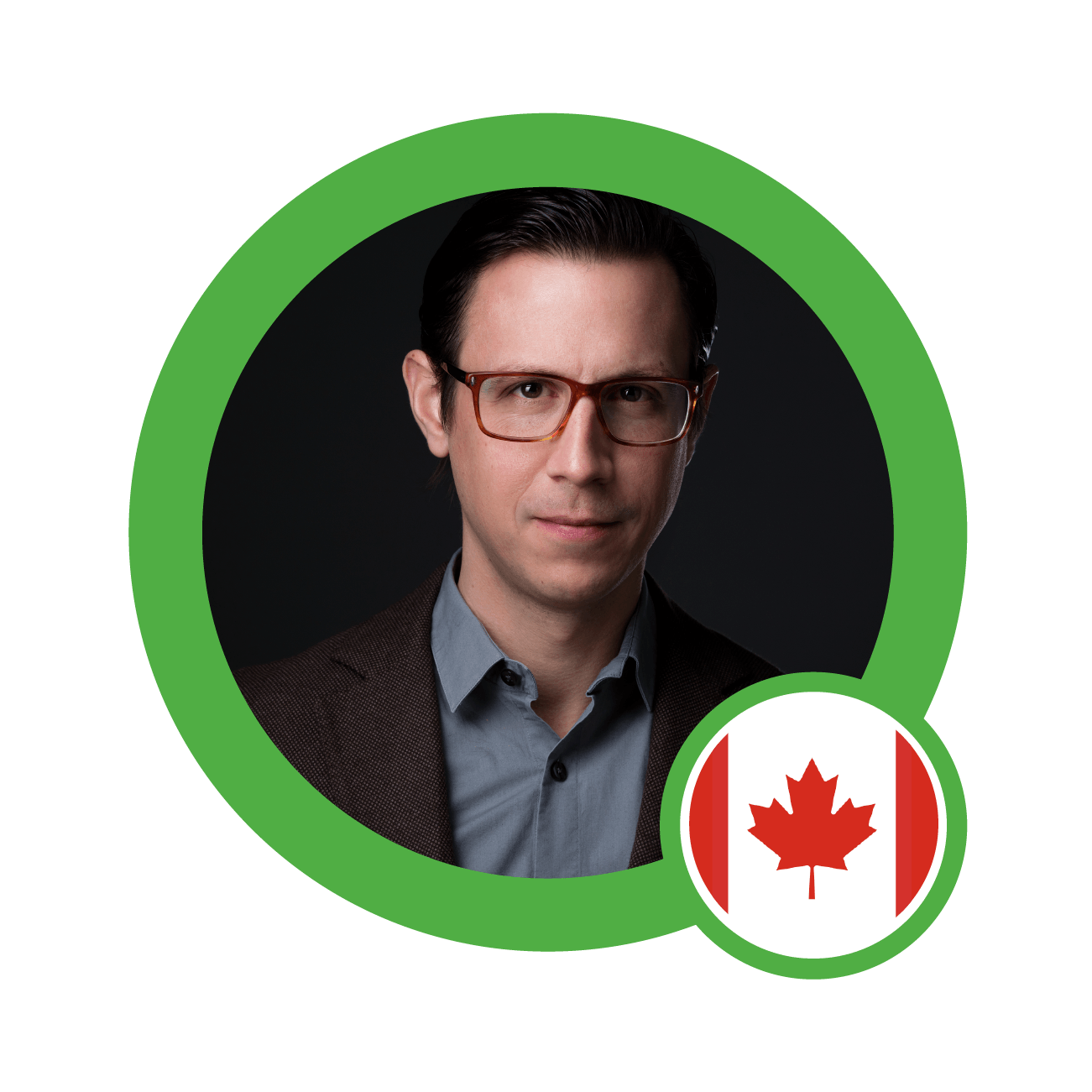
René Audet
Professor at the Department of Strategy and Social & Environmental Responsibility, Université du Québec à Montréal (UQAM), Canada.

Rajiandai Bariam
Member of the interim council of the Asia Indigenous Youth Platform at The Asia Indigenous Peoples Pact (AIPP)
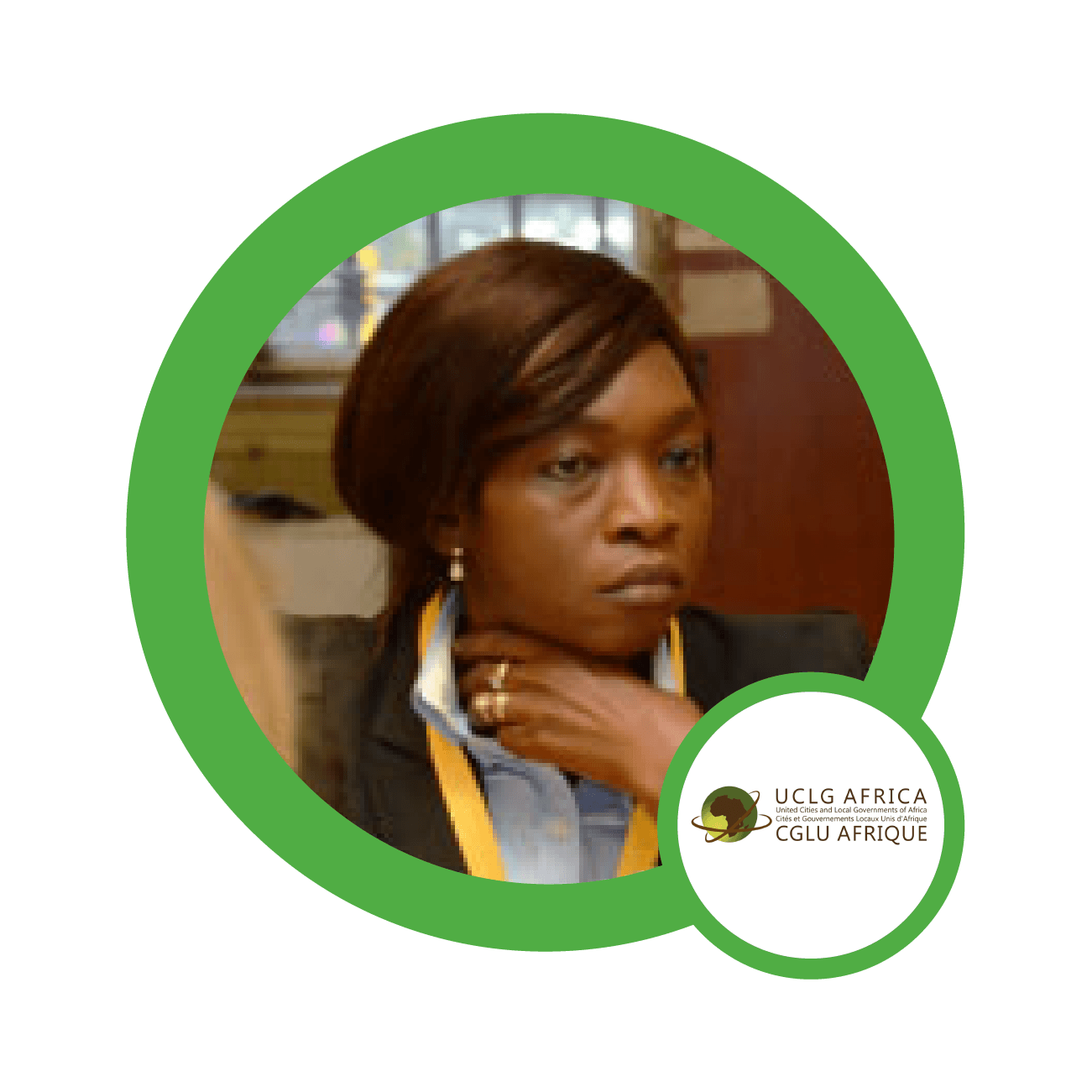
Rahmatouca Sow
Advisor for Policy and International Relations, to the Secretary General of the United Cities and Governments of Africa (UCLG Africa).África
Sesión de membresía y alianzas
Economía Social y Solidaria en el Desarrollo Económico Municipal con enfoque de Género
El Foro Global de la Economía Social (GSEF), es un centro de operaciones internacional para la promoción de la economía social y solidaria (ESS). En los últimos años se han reunido más de 20 gobiernos locales y de 40 entidades de economía social de todas partes para resolver diversos problemas mundiales y locales a través de la economía social y solidaria.
La crisis financiera de 2007-08, la falta de regulación de los mercados financieros demostraron que pueden causar graves perturbaciones económicas y sociales, afectando y deteriorando los valores sobre los cuales se sustentan las comunidades. Asimismo, en la actualidad, acontecimientos como la aparición del COVID-19 en el mundo plantean una suerte de “nueva realidad” en lo que concierne al papel de los gobiernos locales para enfrentar la pandemia y los desafíos de ofrecer modelos alternativos viables para alcanzar un desarrollo económico justo y sostenible. Por ello, la Economía Social y Solidaria abre nuevos caminos para enfrentar esta nueva realidad impulsando la implementación de políticas públicas dirigidas al fortalecimiento de los valores comunitarios y la innovación social.
Por ello, el GSEF en colaboración con el Comité Organizador Local de GSEF2021 Ciudad de México, impulsan la celebración del Foro Virtual Global 2020, del 19 al 23 de octubre, donde se abordará los impactos del COVID-19 en nuestras sociedades y economías, pero fundamentalmente las acciones creativas generadas por los actores de la Economía Social y solidaria (ESS) para luchar con esta nueva realidad que se presenta para los gobiernos locales.
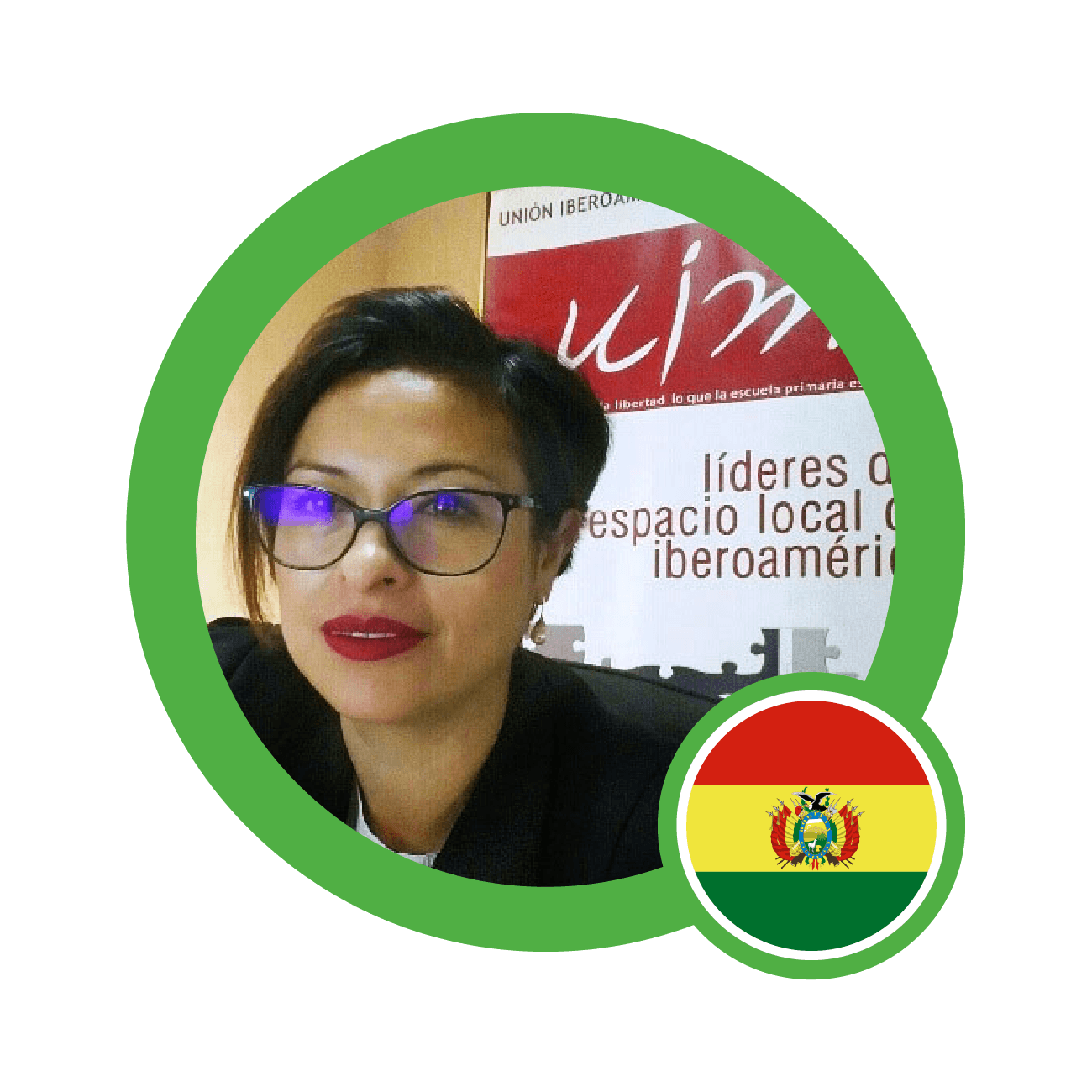
Dra. Edna Güidi
Coordinadora de las Oficinas Territoriales de la UIM en América Latina y el Caribe. Subdirectora de la Maestría en Gobierno y Gestión Pública Local.
Sesión taller
Experiencias y ámbitos: la ESS en la región
Hoy las desigualdades y la brecha de riqueza aumentan continuamente a escala global, las sociedades que ofrecen justicia e igualdad de oportunidades para todos están lejos de ser una realidad. Con frecuencia, la búsqueda de la maximización de beneficios sigue siendo el objetivo más importante en todas las economías, generando una distribución cada vez más desigual en todo el mundo. Según un informe de Oxfam de 2019, la fortuna de los multimillonarios del mundo aumentó en un 12%, mientras que los ingresos de 3,8 mil millones de pobres disminuyó en un 11%, situación que se ha agravado a causa de la enfermedad del COVID-19.
En este contexto, los ciudadanos de todo el mundo exigen y promueven una transformación profunda en nuestras economías, ruralidades, ciudades y territorios. Como una alternativa para reconocer y dotar de valor social y ambiental la economía, en el mundo se desarrollan iniciativas de Economía Social y Solidaria (ESS), algunas de ellas se presentan aquí, dando cuenta de las formas en que el potencial de la ESS puede contribuir a la transformación económica y hacia el logro de la Agenda 2030: "no dejar a nadie atrás".
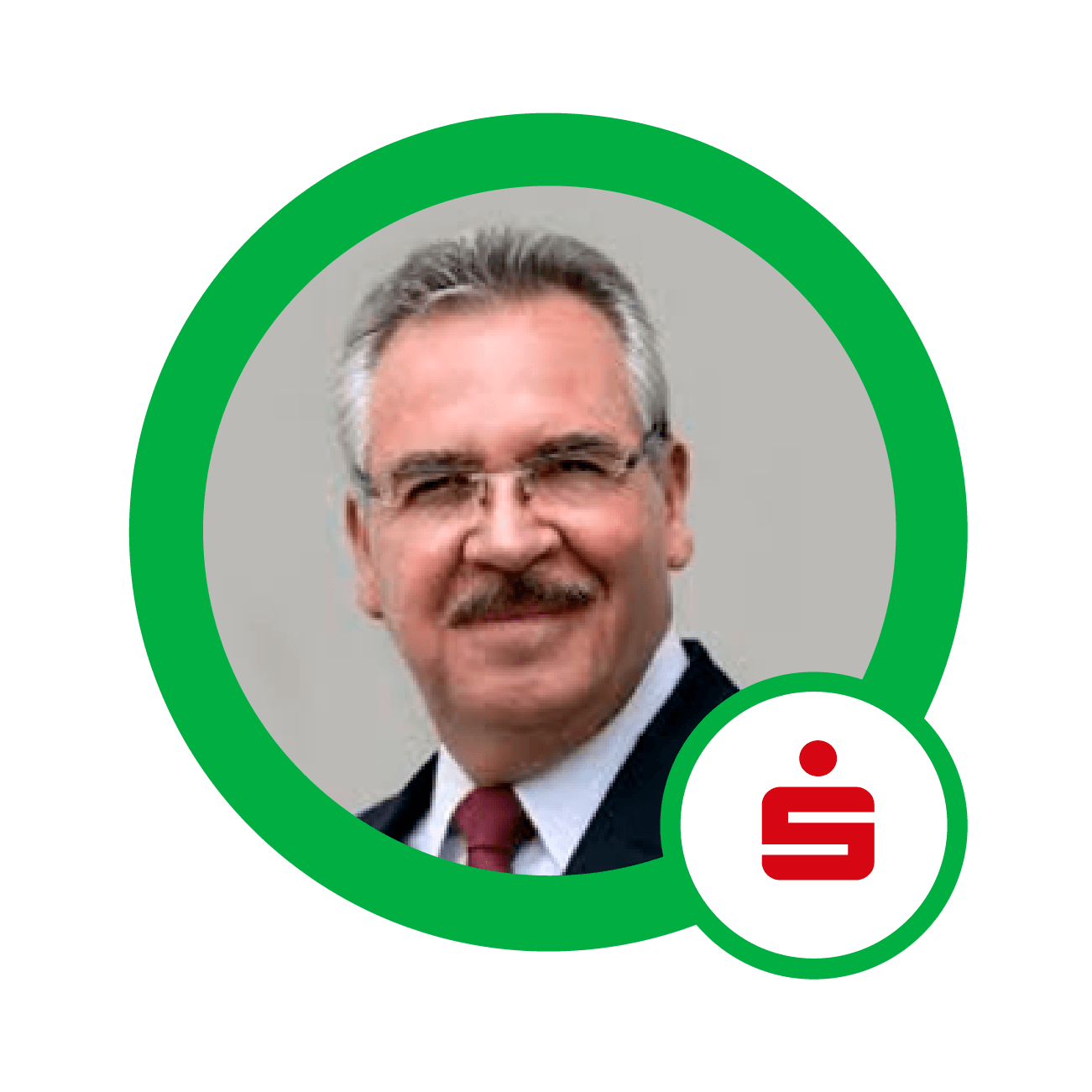
Moderador: Lic. Luis Proaño Guillén
Director del Proyecto Cuba - Fundación Sparkassen y Director General de la Fundación Alemana Servicios (FAS)
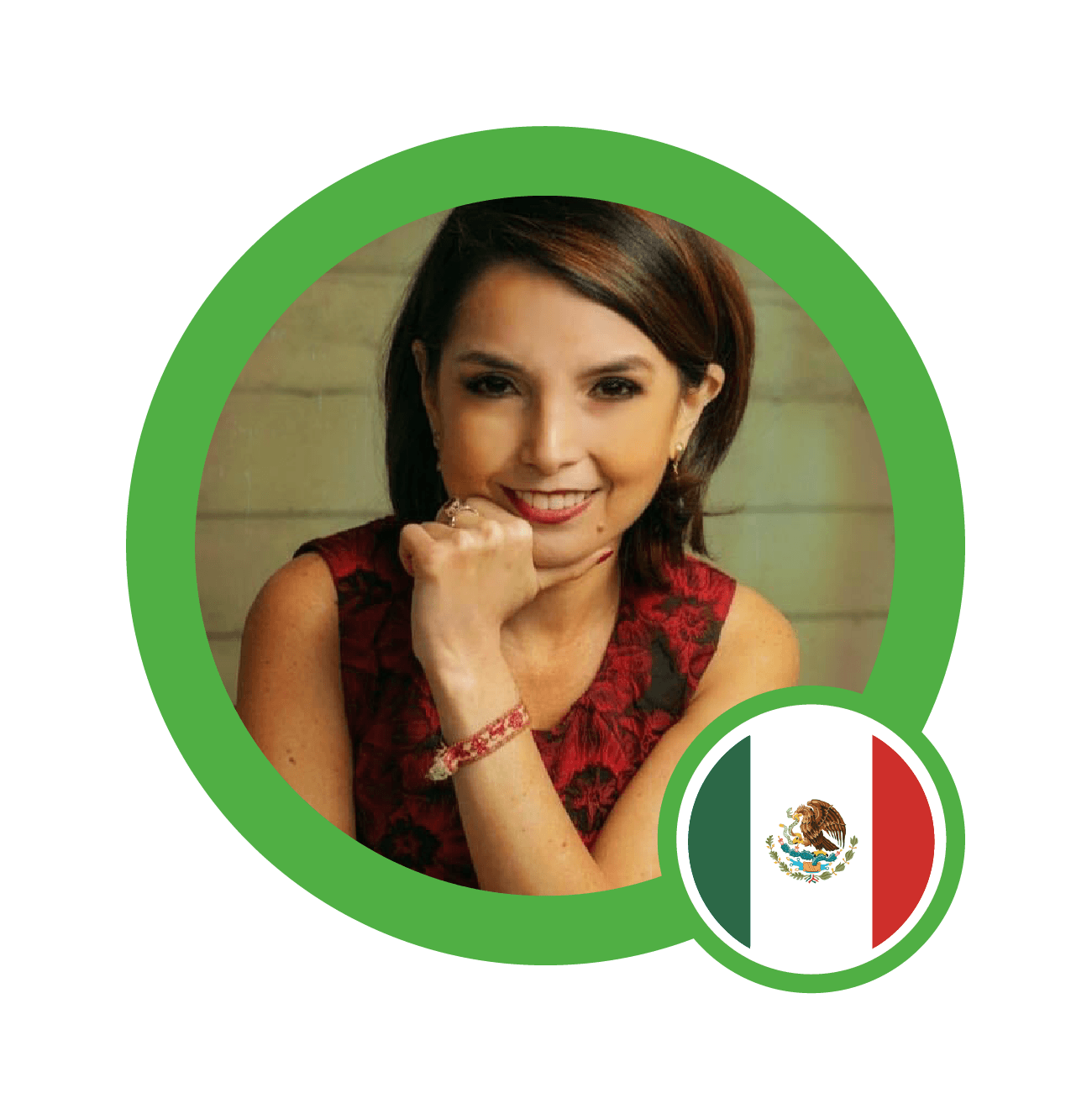
Moderadora: Dra. Berenice Alcalde Castro
Directora de Vinculación del Instituto Nacional de Economía Social
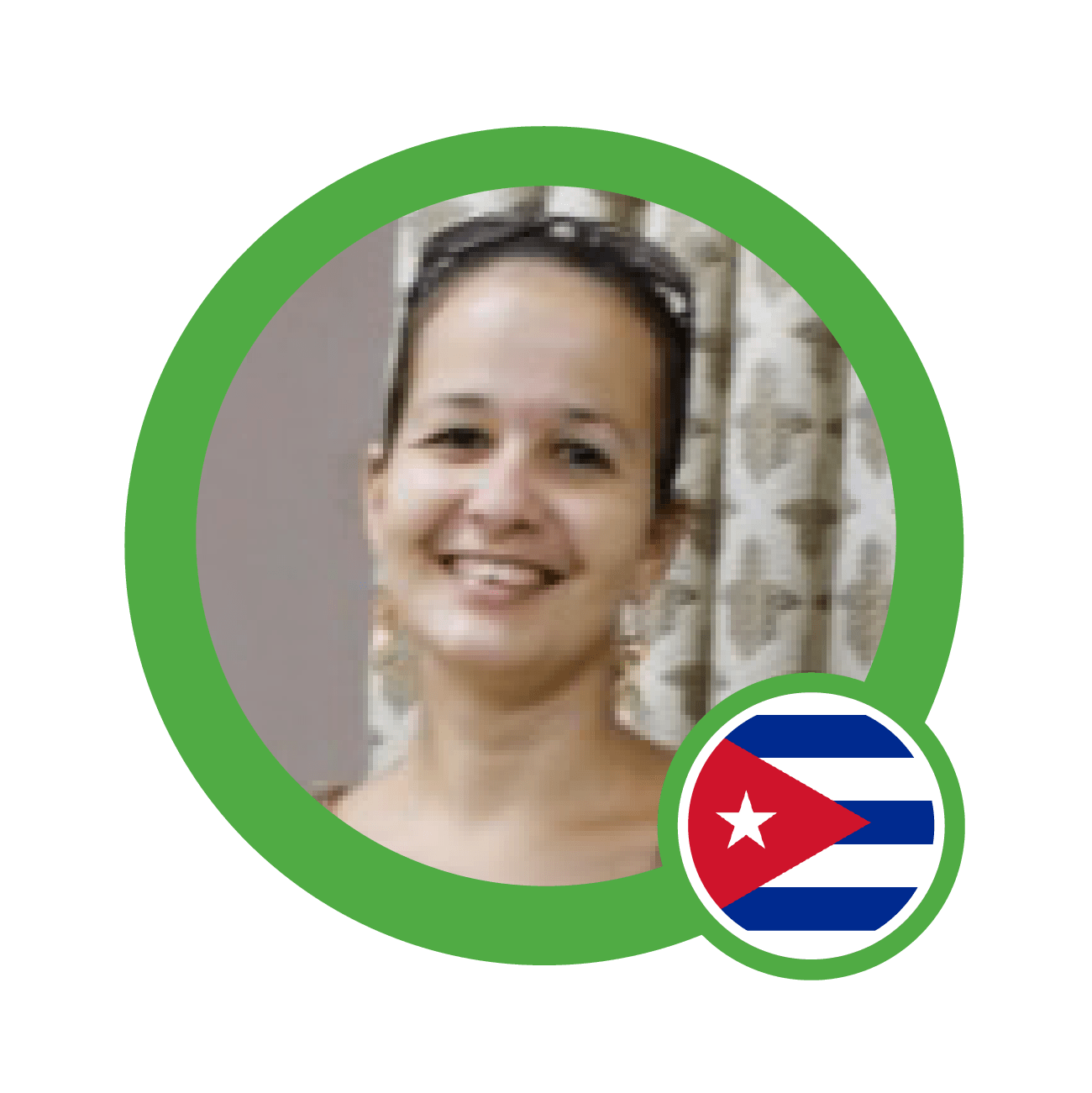
MSc. Jusmary Gómez Arencibia
Investigadora Auxiliar, Centro de Investigaciones y psicológicas sociológicas, CIPS
Sesión de membresía y alianzas
Análisis de la responsabilidad social como instrumento para el desarrollo de una economía social, solidaria y cooperativa: experiencias de Cuba
Organizada por la Universidad Agraria de la Habana
Se presentará un panel de cinco integrantes, compuesto por profesores e investigadores de universidades cubanas, funcionarios de la sociedad civil y cooperativistas. Se presentará la base conceptual, antecedentes y una actualización de los trabajos realizados en Cuba para el análisis de la responsabilidad social, tanto en empresas estatales como en cooperativas. Se presentarán los principales resultados obtenidos en estas investigaciones con el diseño e implementación de un modelo de balance social cooperativo denominado ICA-FLACSO-PC, que han permitido entre otros resultados, identificar nichos de economía social y solidaria que en el contexto económico cubano actual.
El panel mostrará los resultados de la implementación del referido modelo de balance social cooperativo, en las cooperativas de trabajo agropecuarias en Cuba, así como en las llamadas cooperativas no agropecuarias, surgidas a partir del año 2013 en el marco de las nuevas políticas para la actualización del modelo económico en cubano. Se expondrán, además, los resultados preliminares obtenidos en la búsqueda de indicadores que conducen al diseño de un modelo para el análisis de la responsabilidad social en empresas del sector estatal. Por otra parte, se muestra la utilidad que tiene esta herramienta en la Calidad directiva y su análisis, en estas organizaciones.
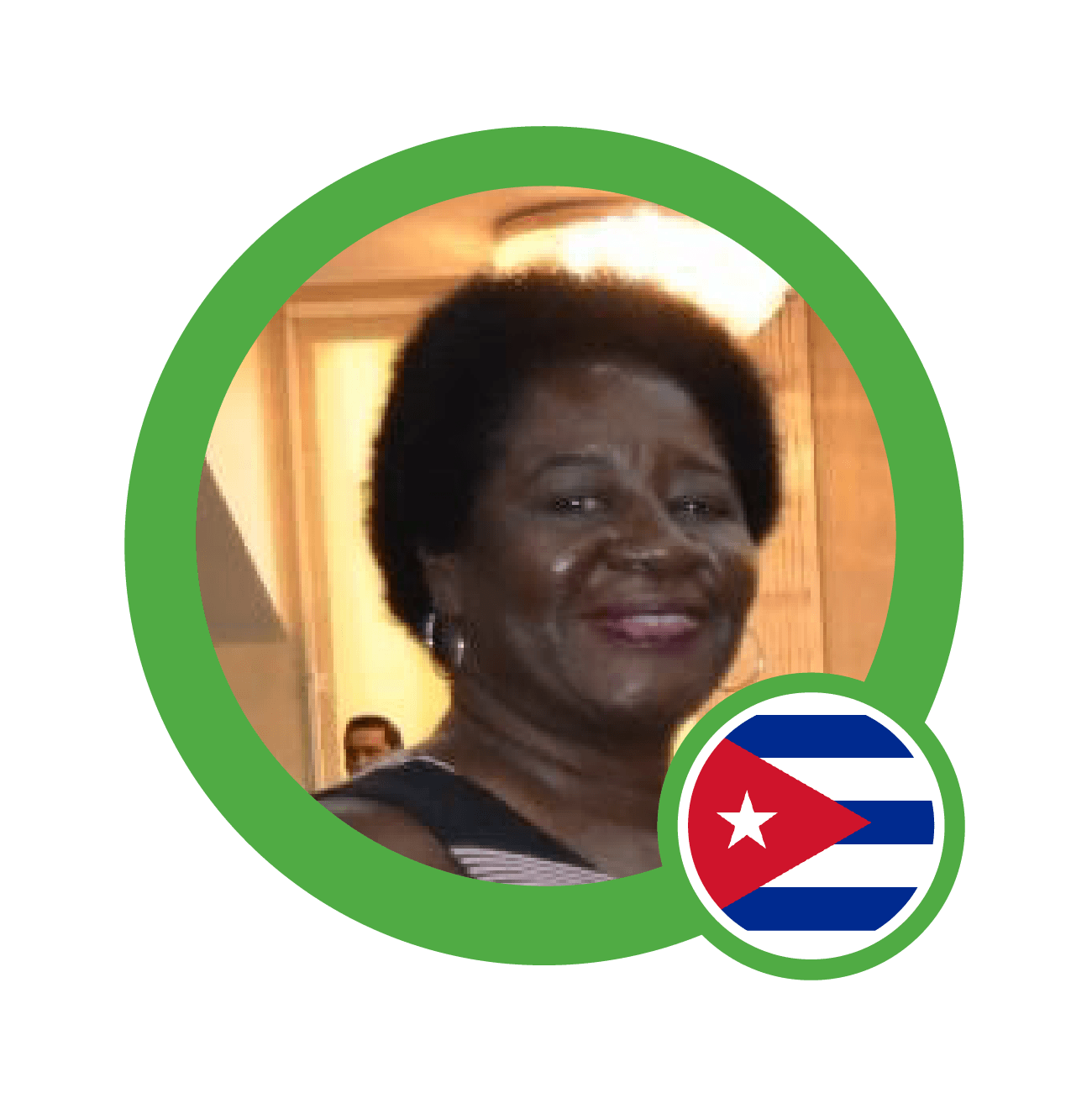
Dra. C. Mercedes Zenea Montejo
Profesora Titular del Centro de Estudios de Técnicas de Dirección, Universidad de La Habana

MSc. Jusmary Gómez Arencibia
Investigadora Auxiliar, Centro de Investigaciones y psicológicas sociológicas, CIPS
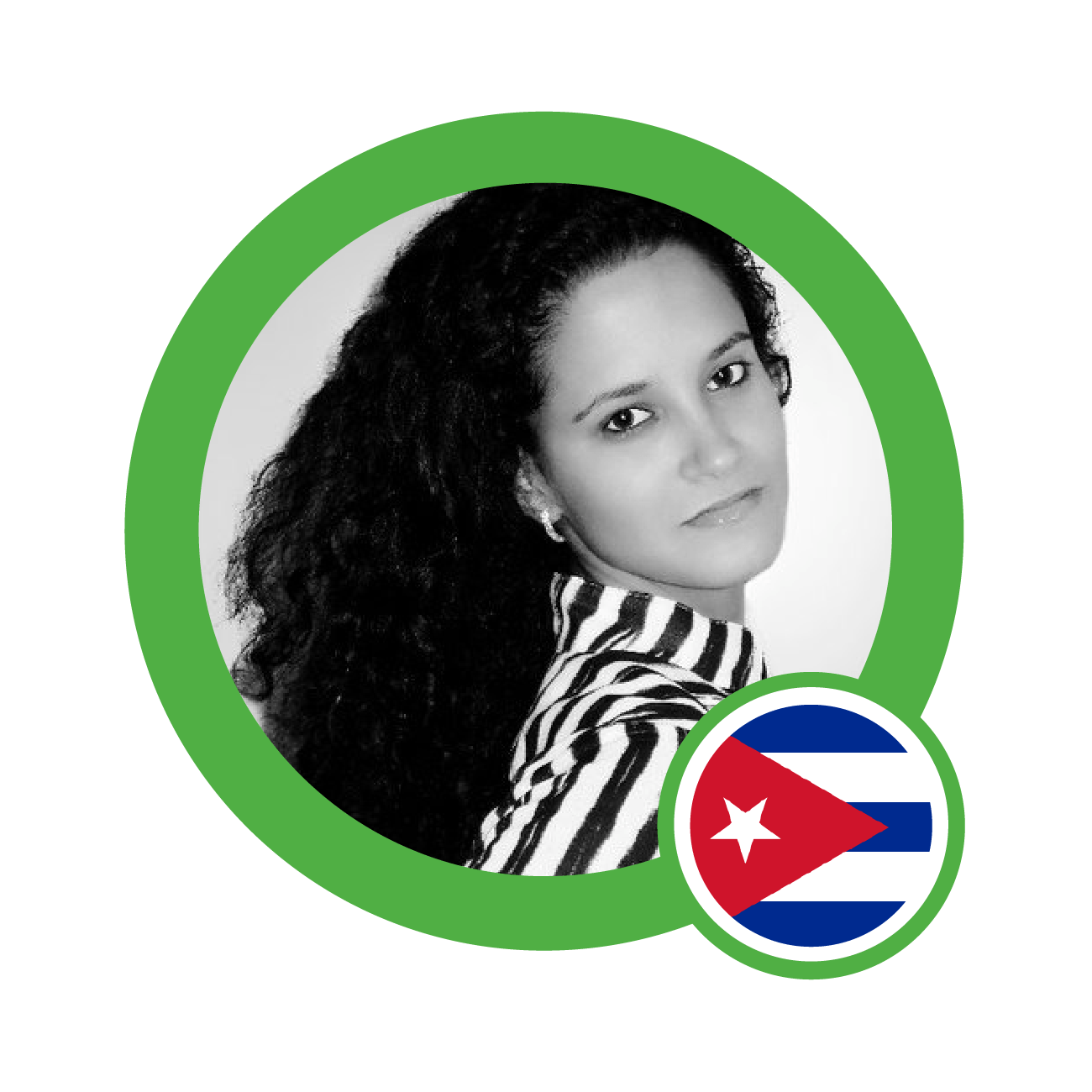
Lic. Lienny García Pedraza
Profesora Asistente del Departamento de Sociología, Universidad Central «Marta Abreu» de Las Villa
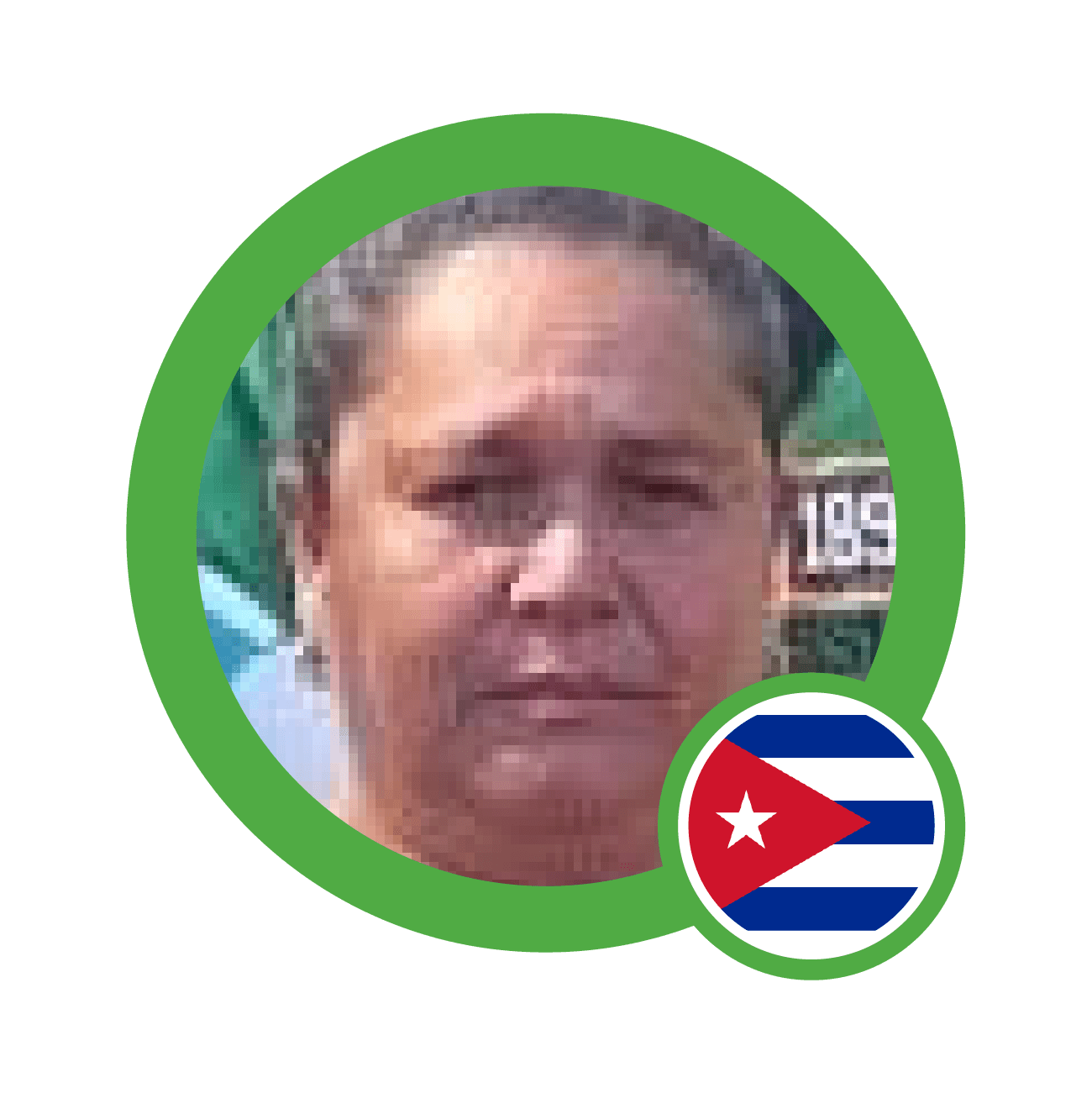
Ing. Magdalena González Pérez
Ingeniera Agrónoma. Funcionaria de la organización de la sociedad Civil de Cuba, "Asociación Nacional de Agricultores Pequeños", ANAP

